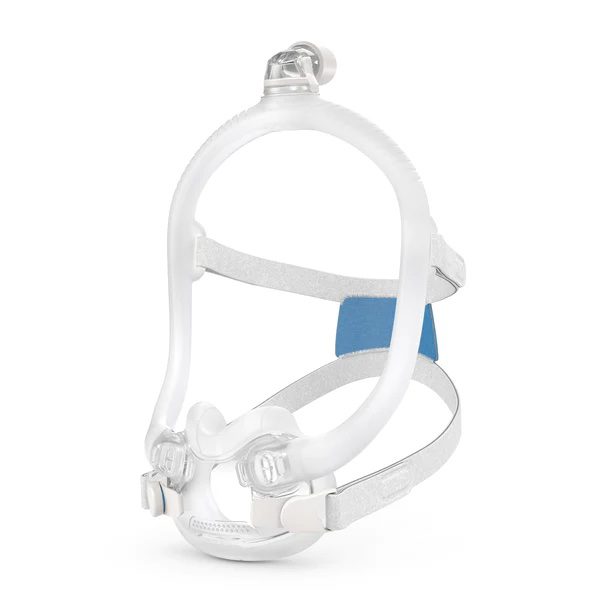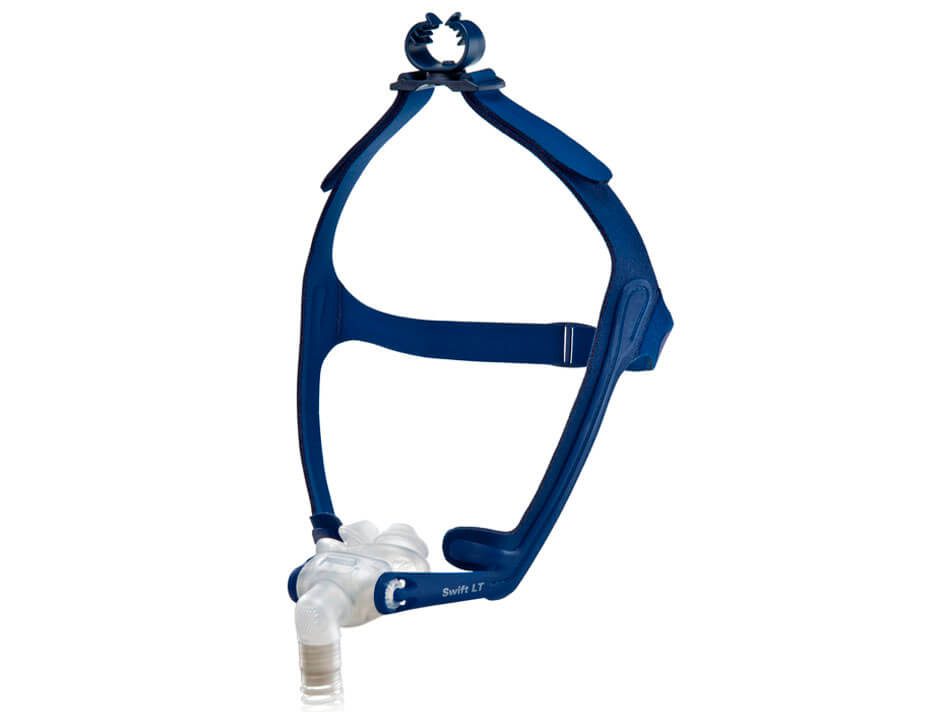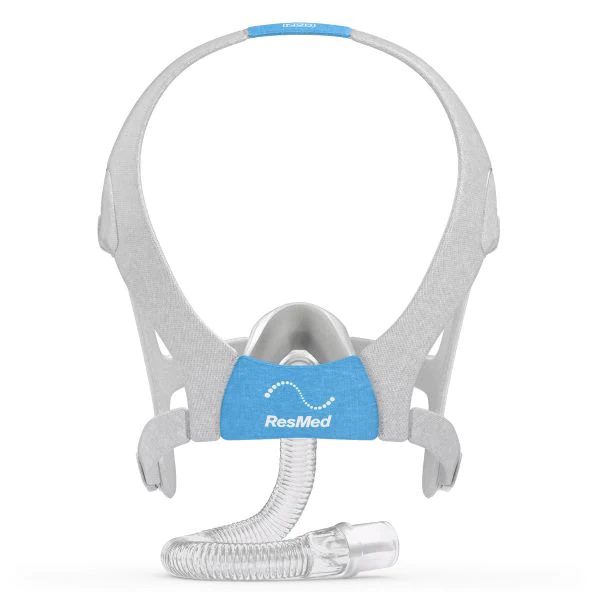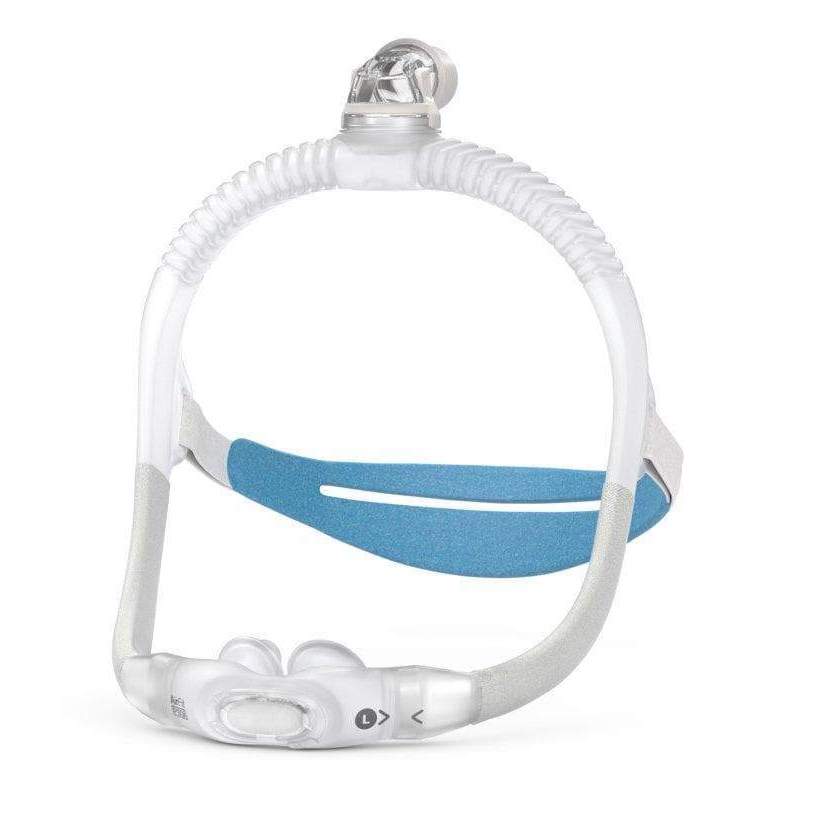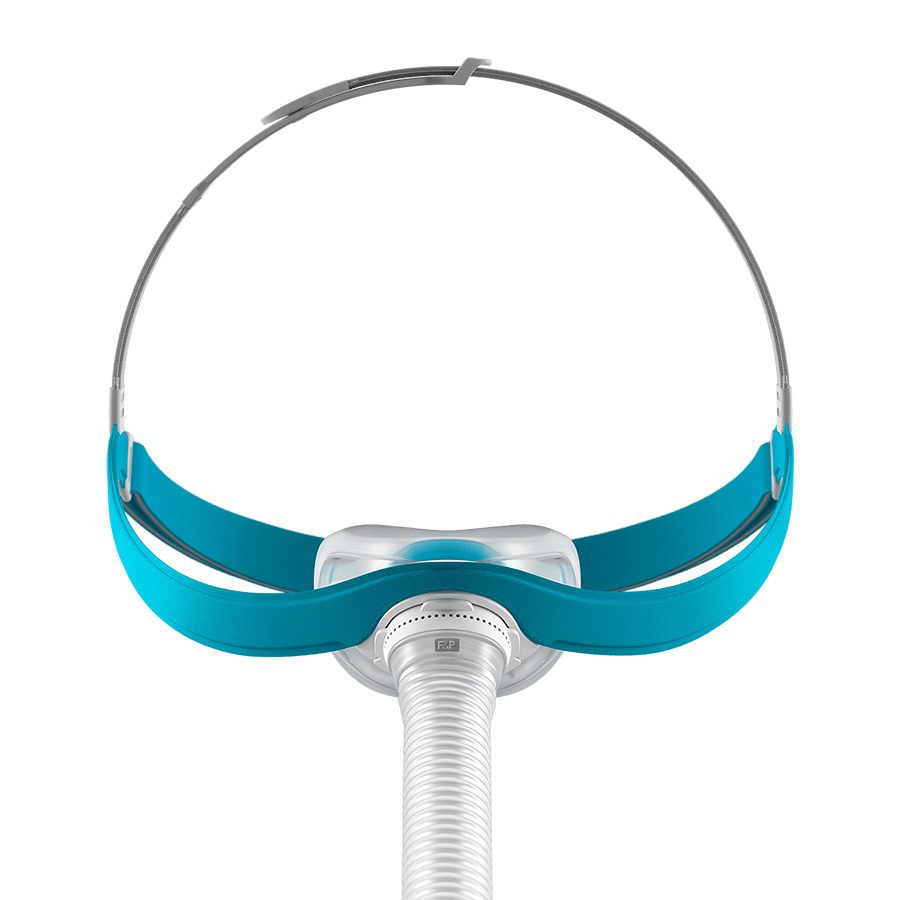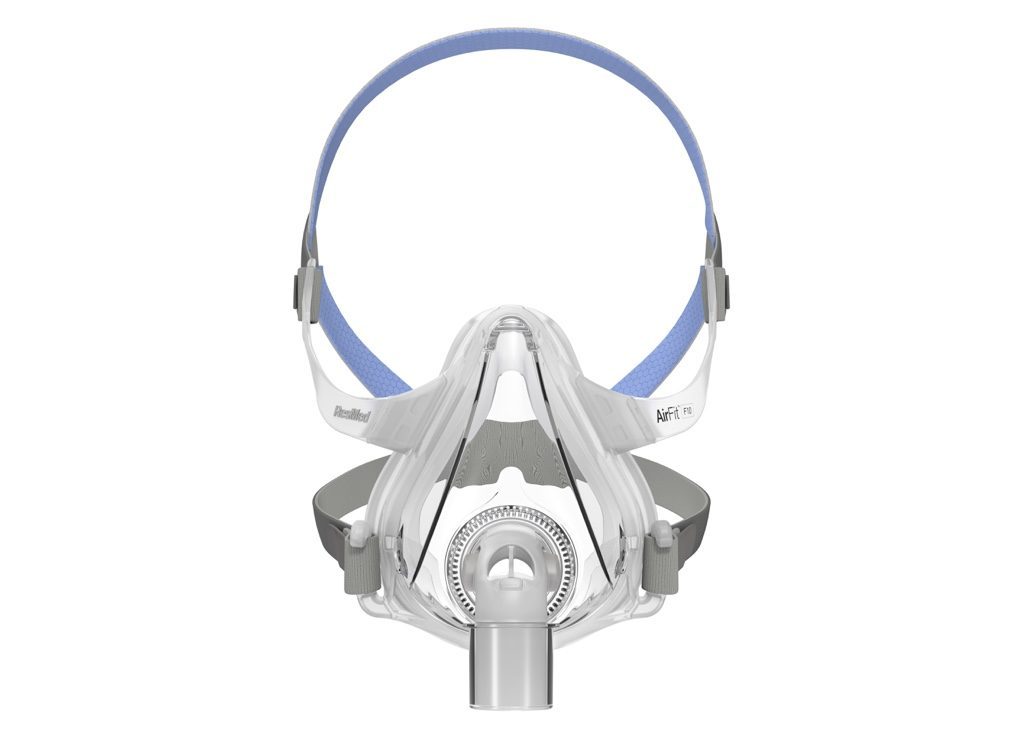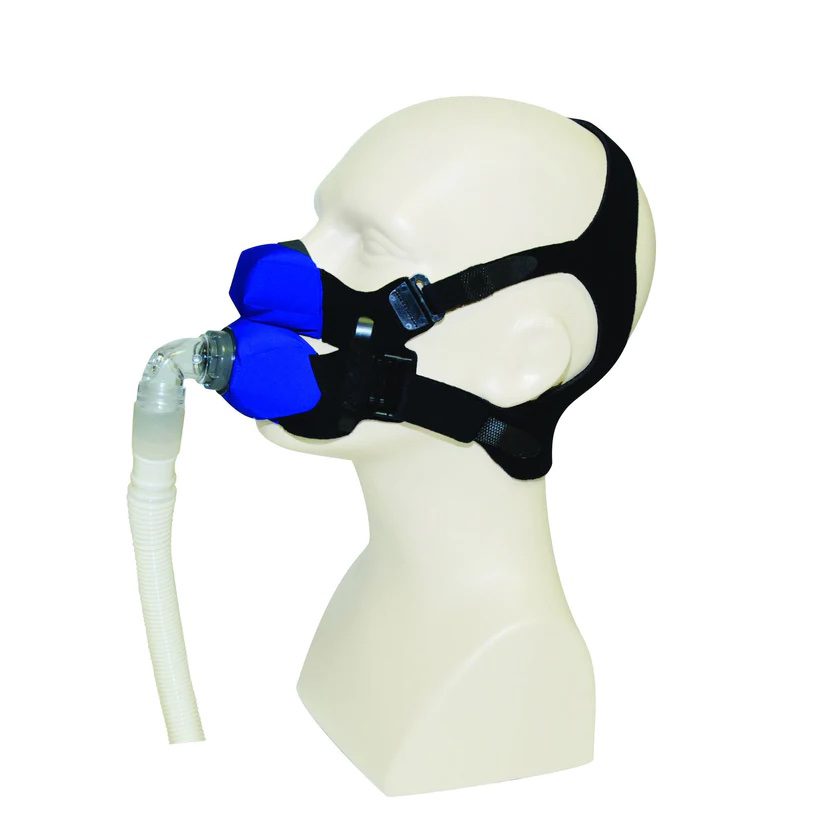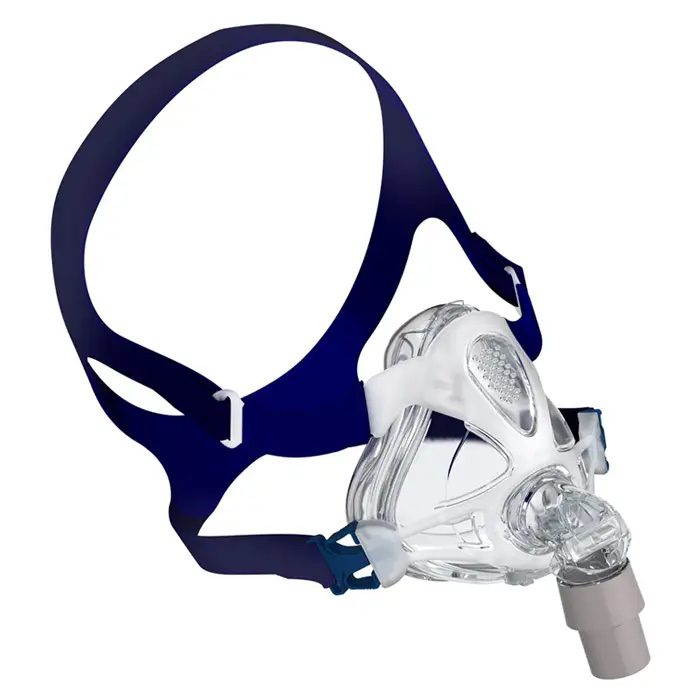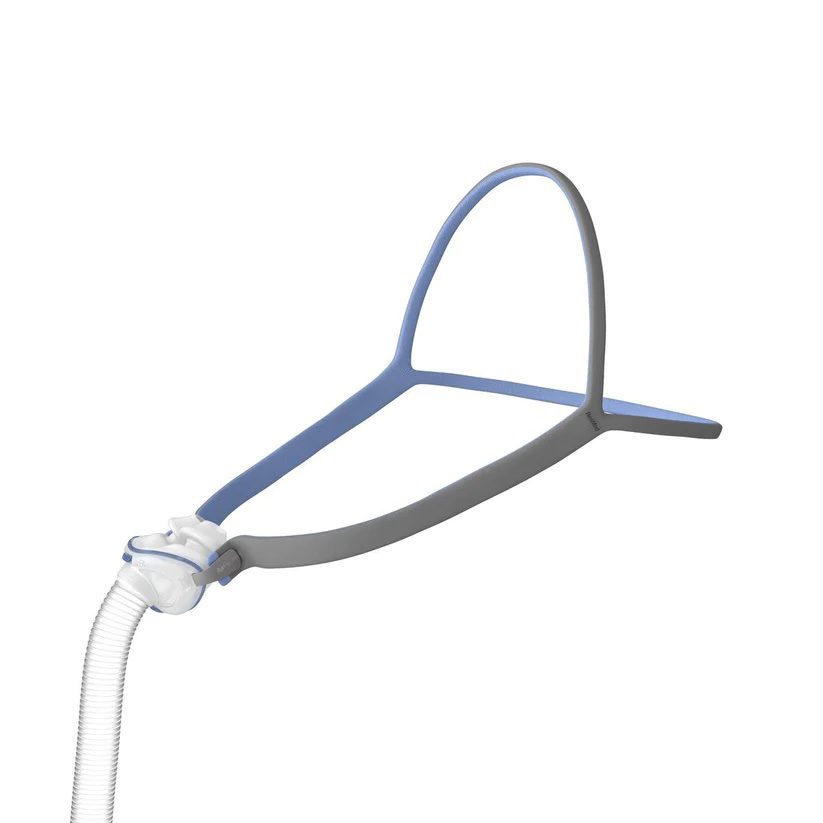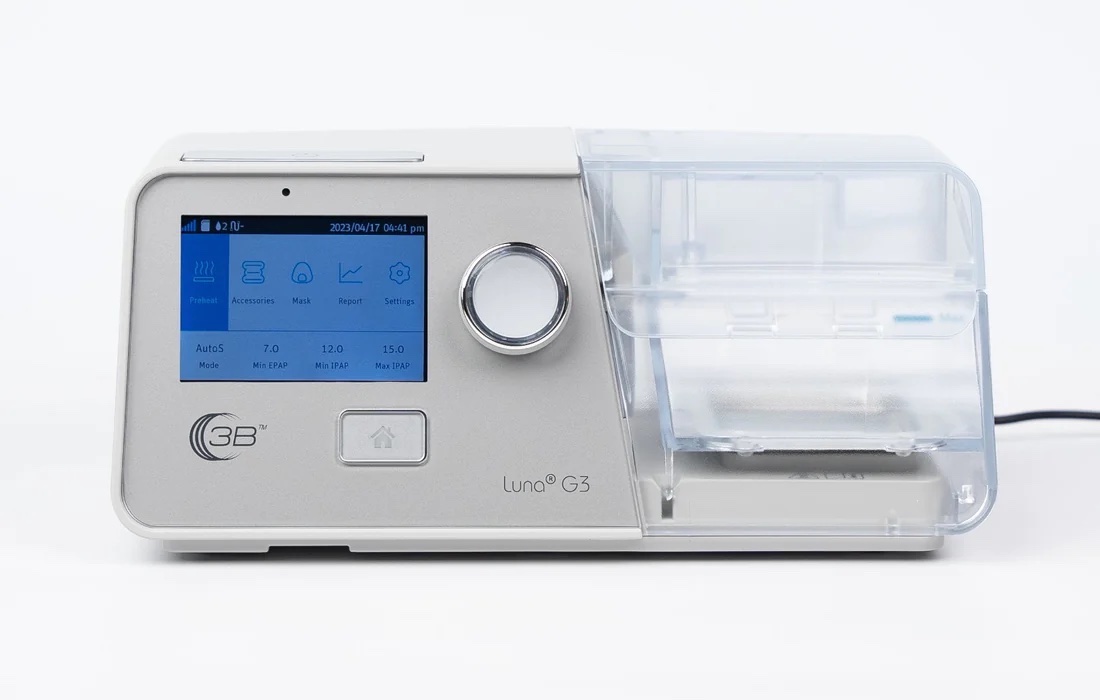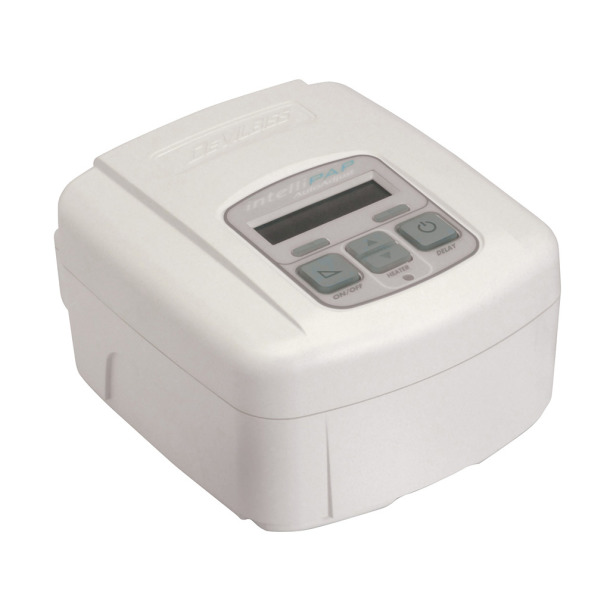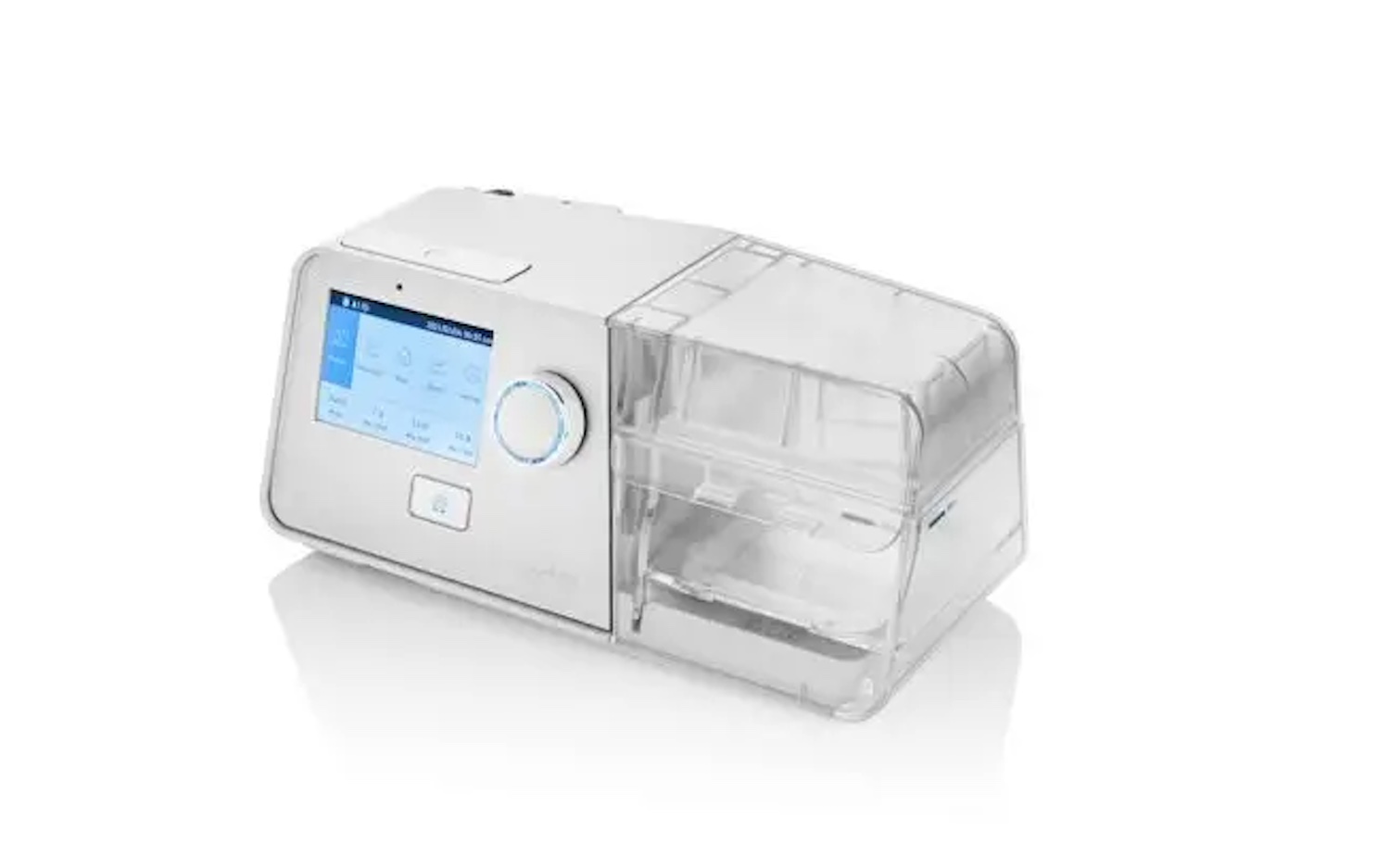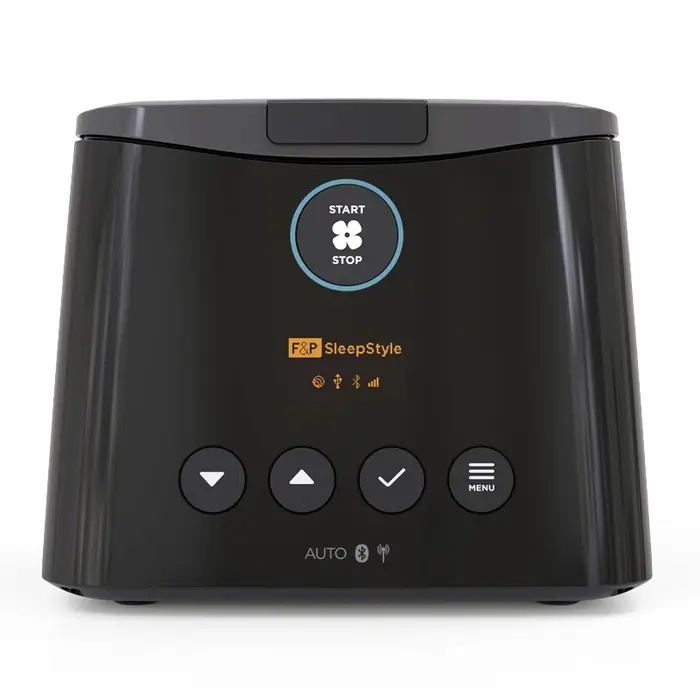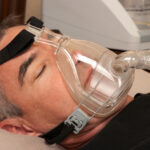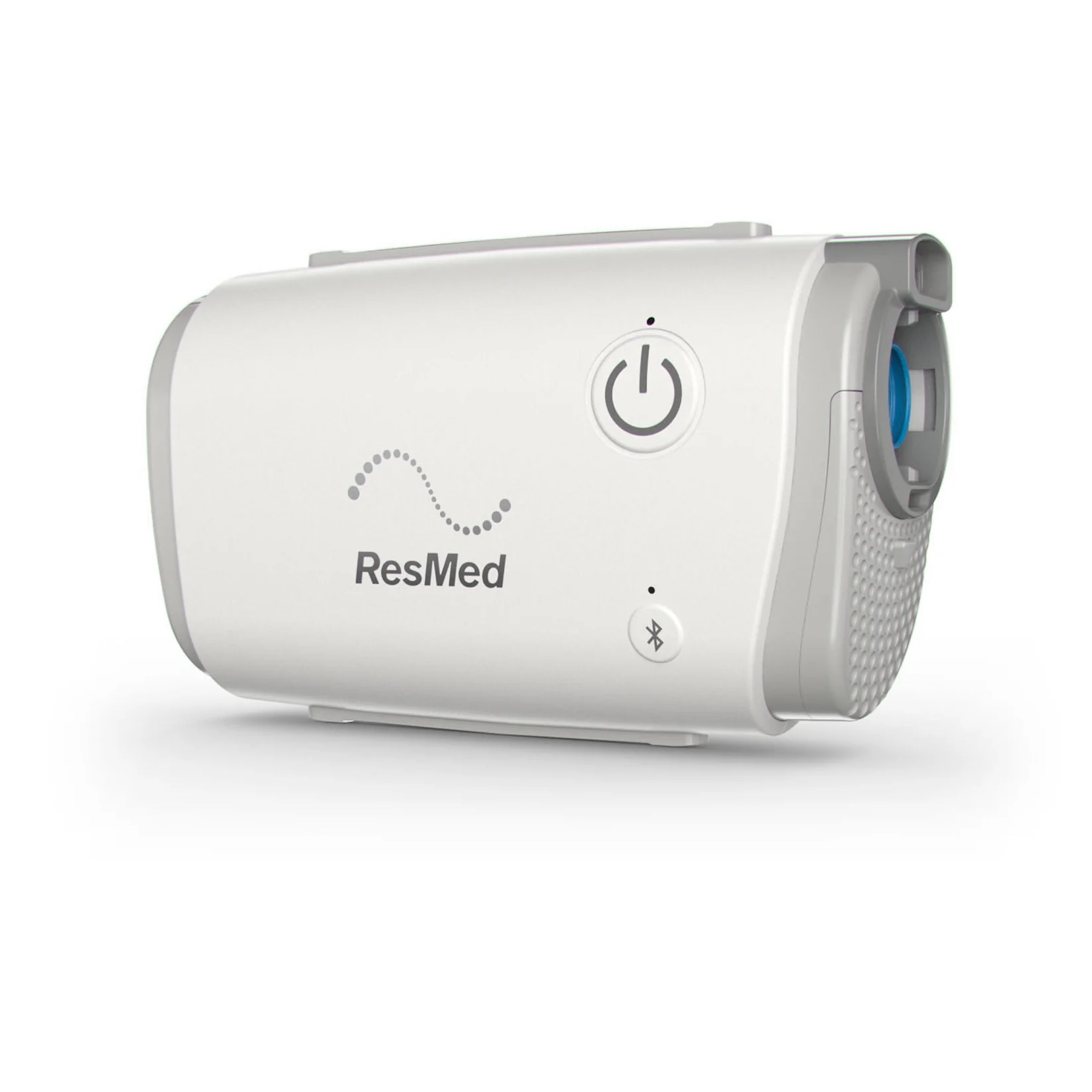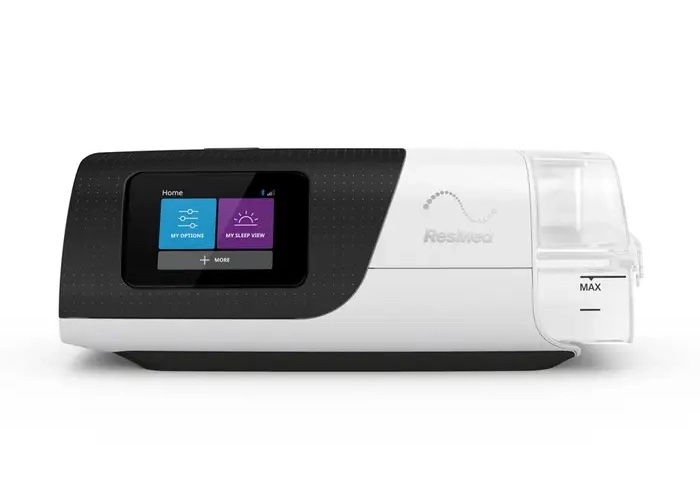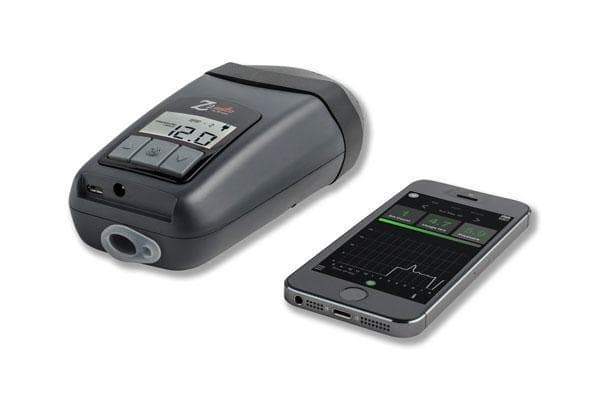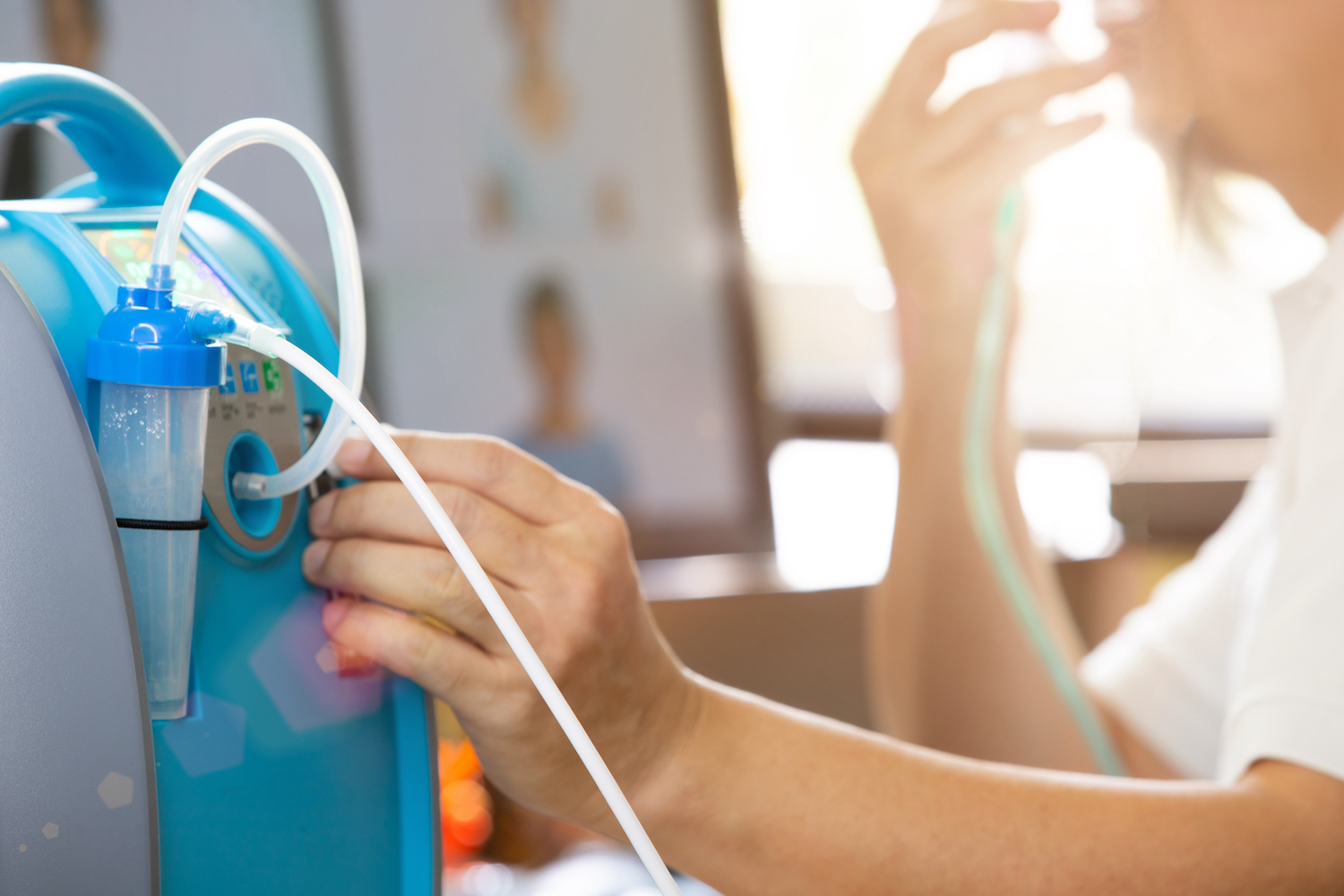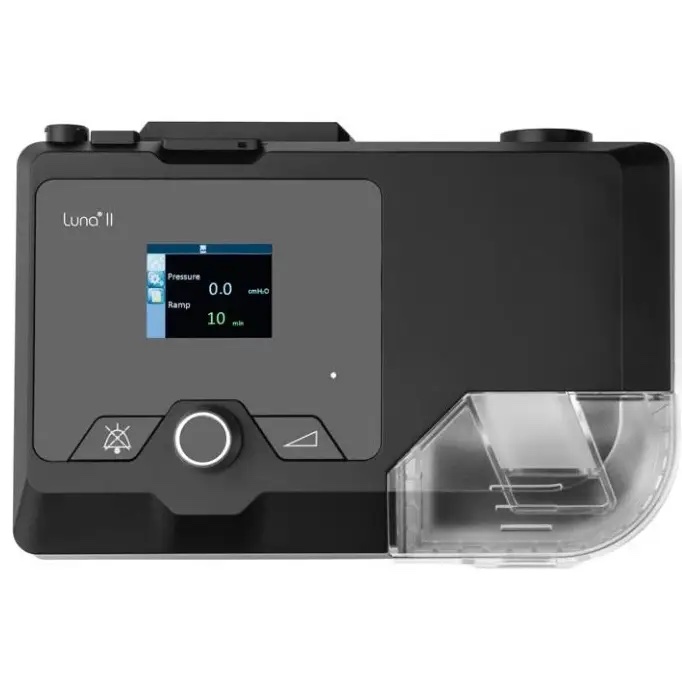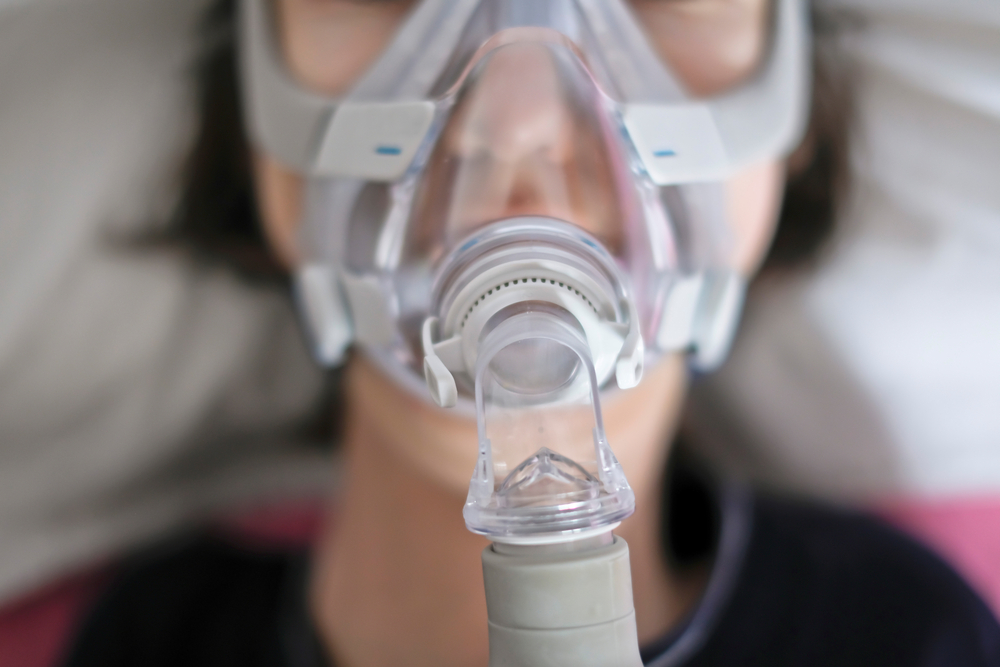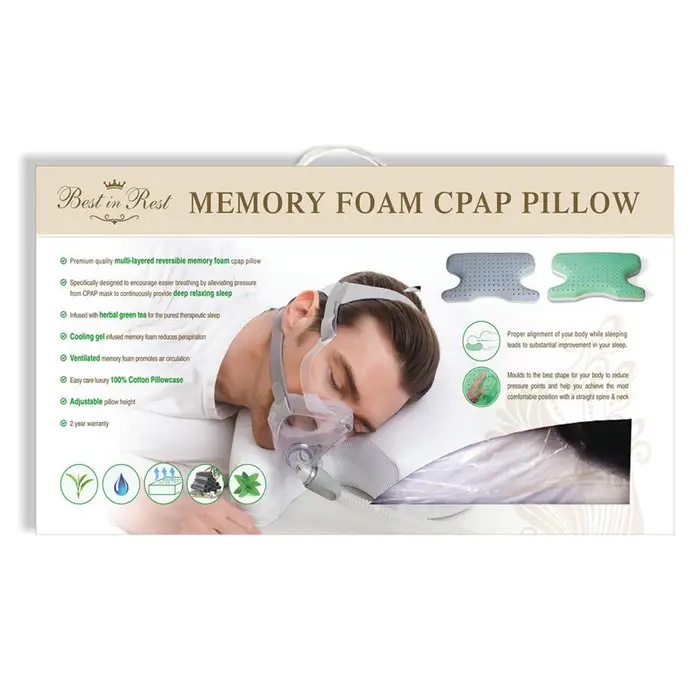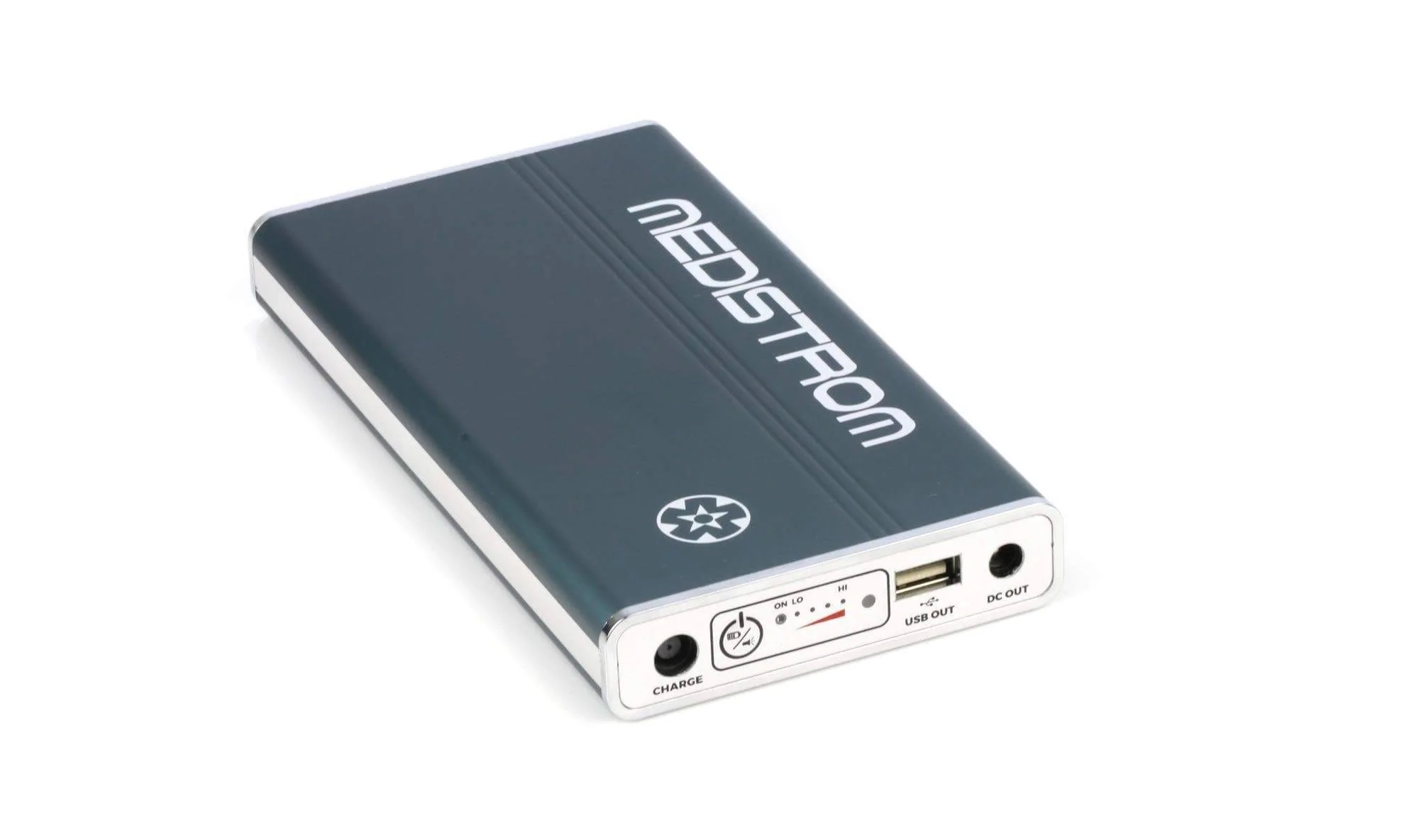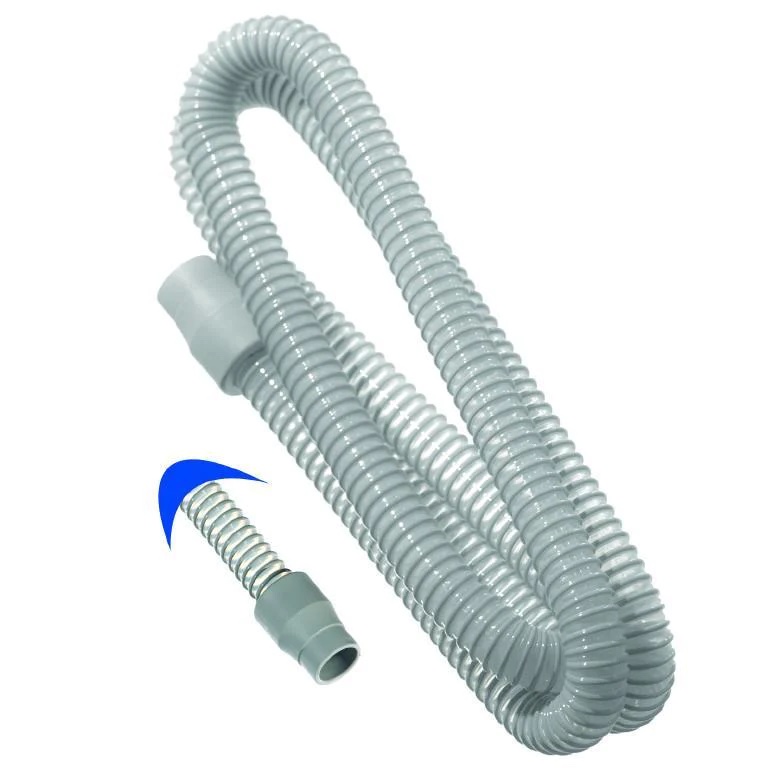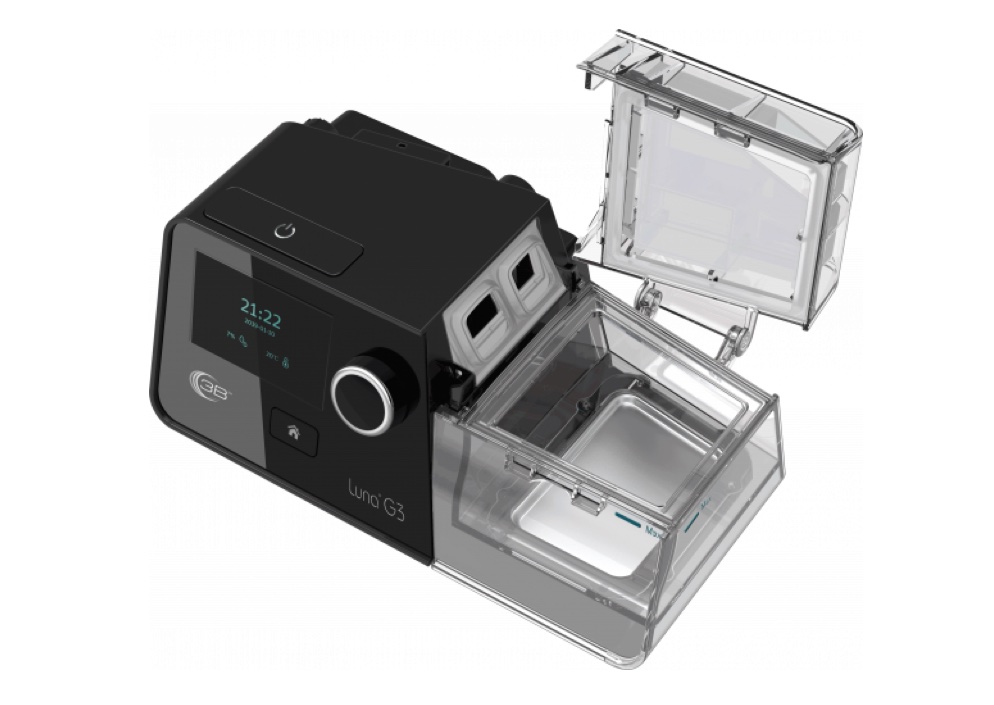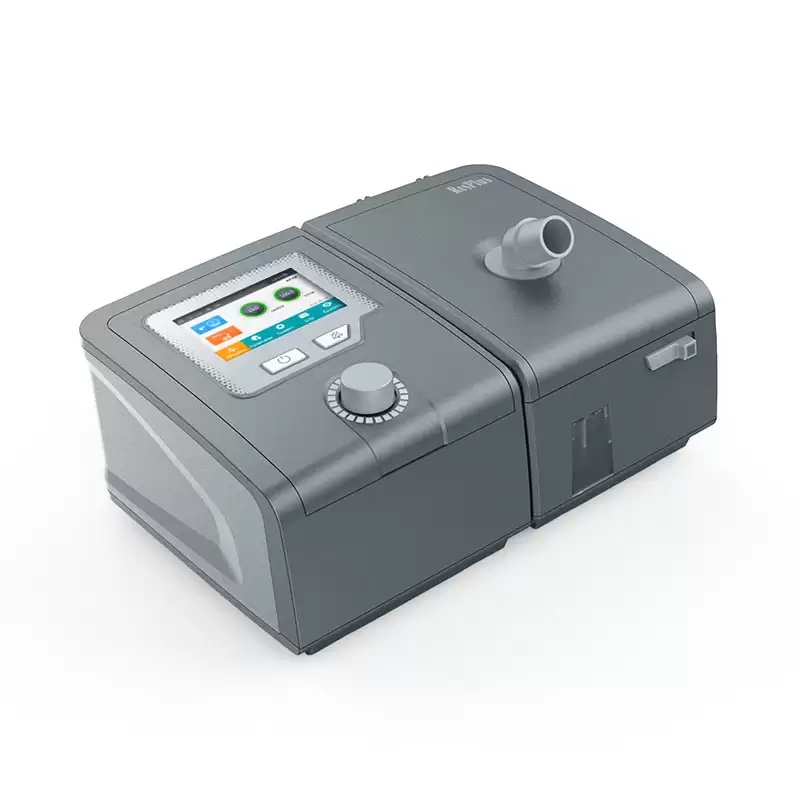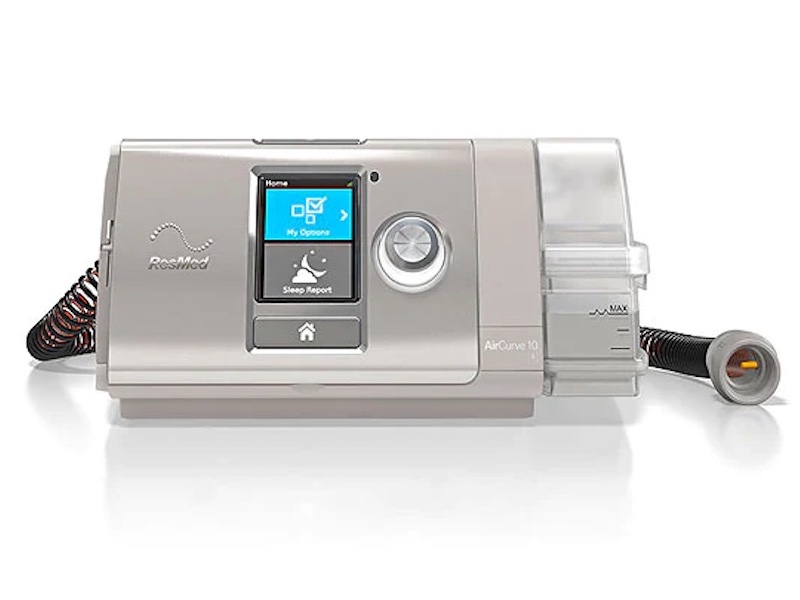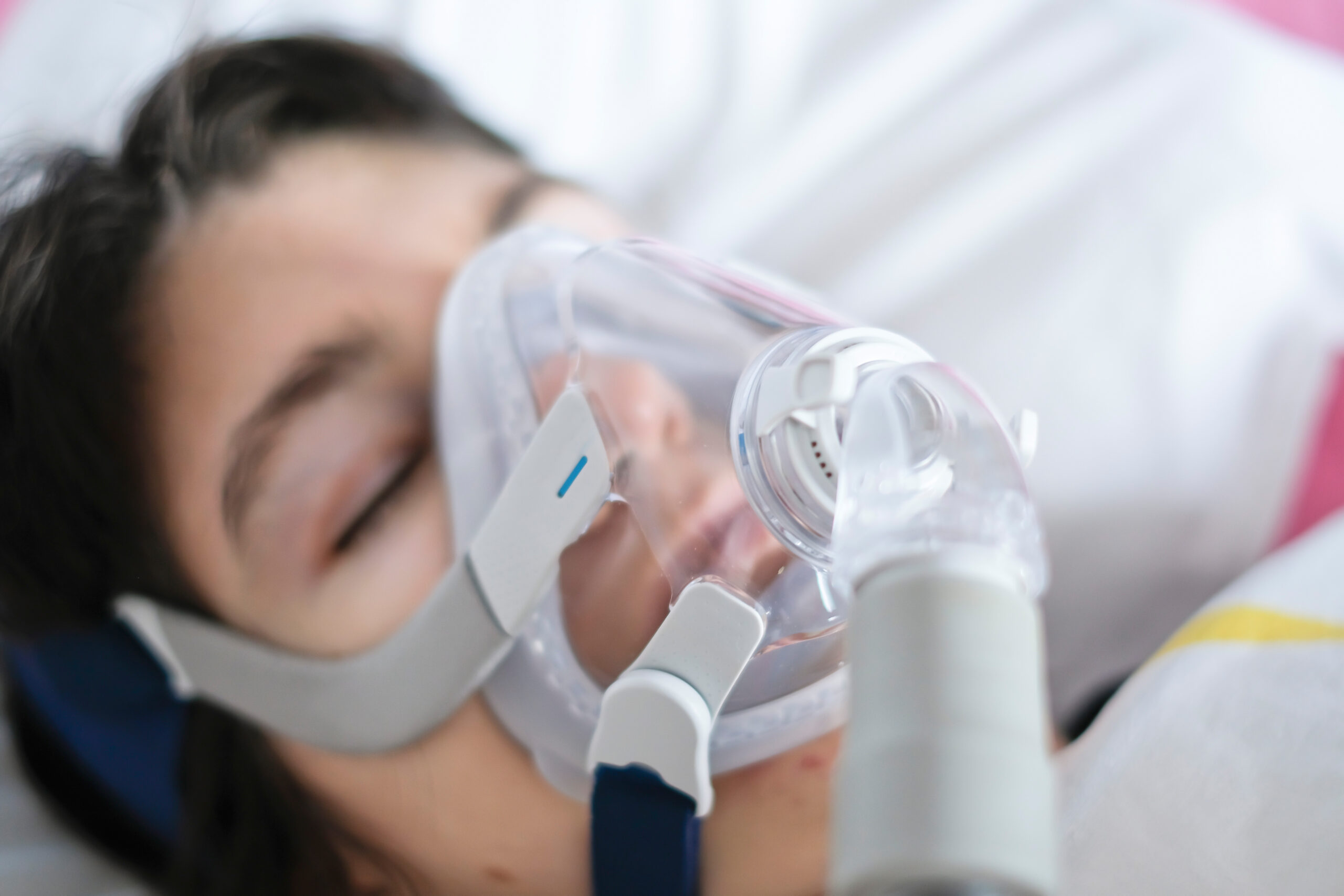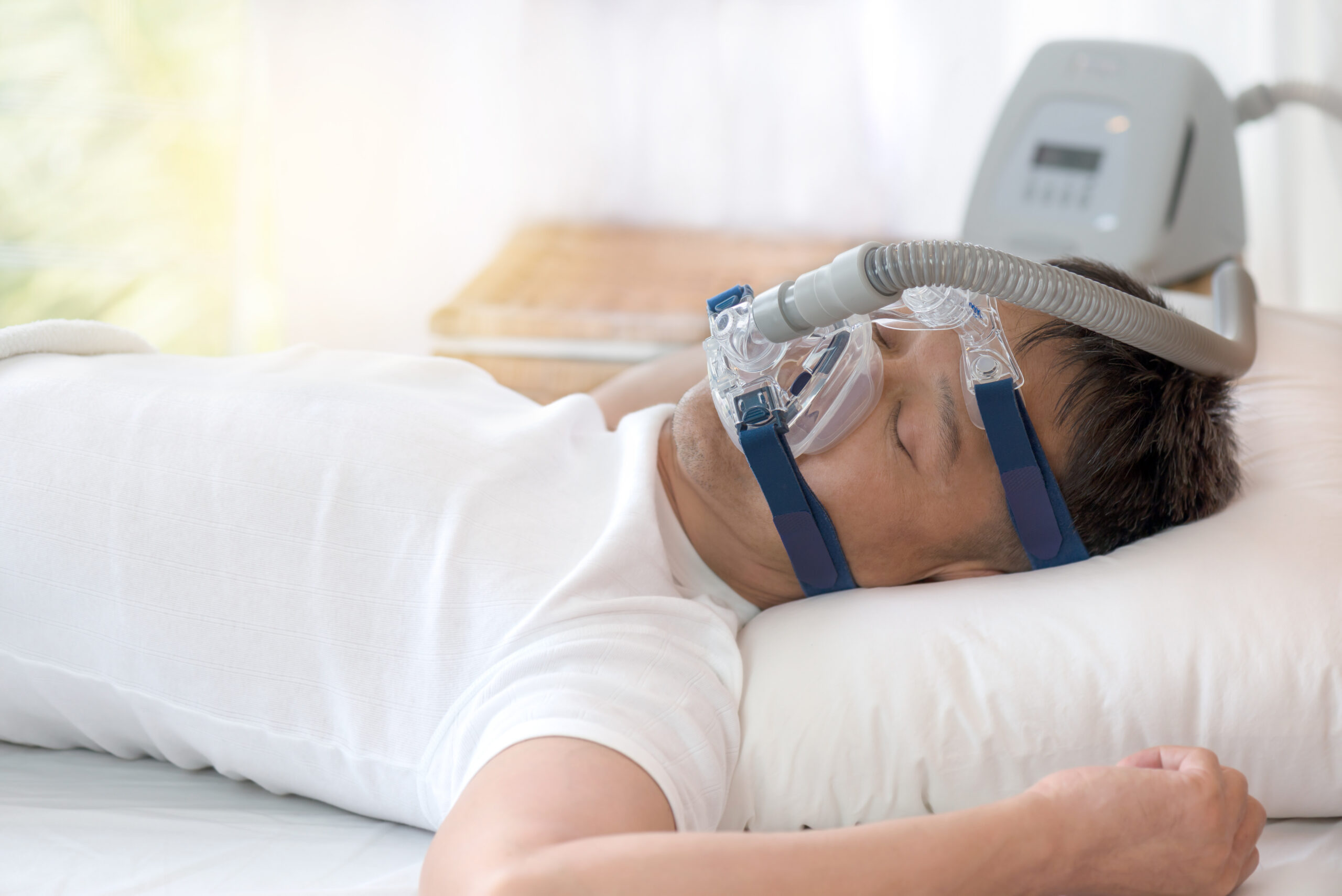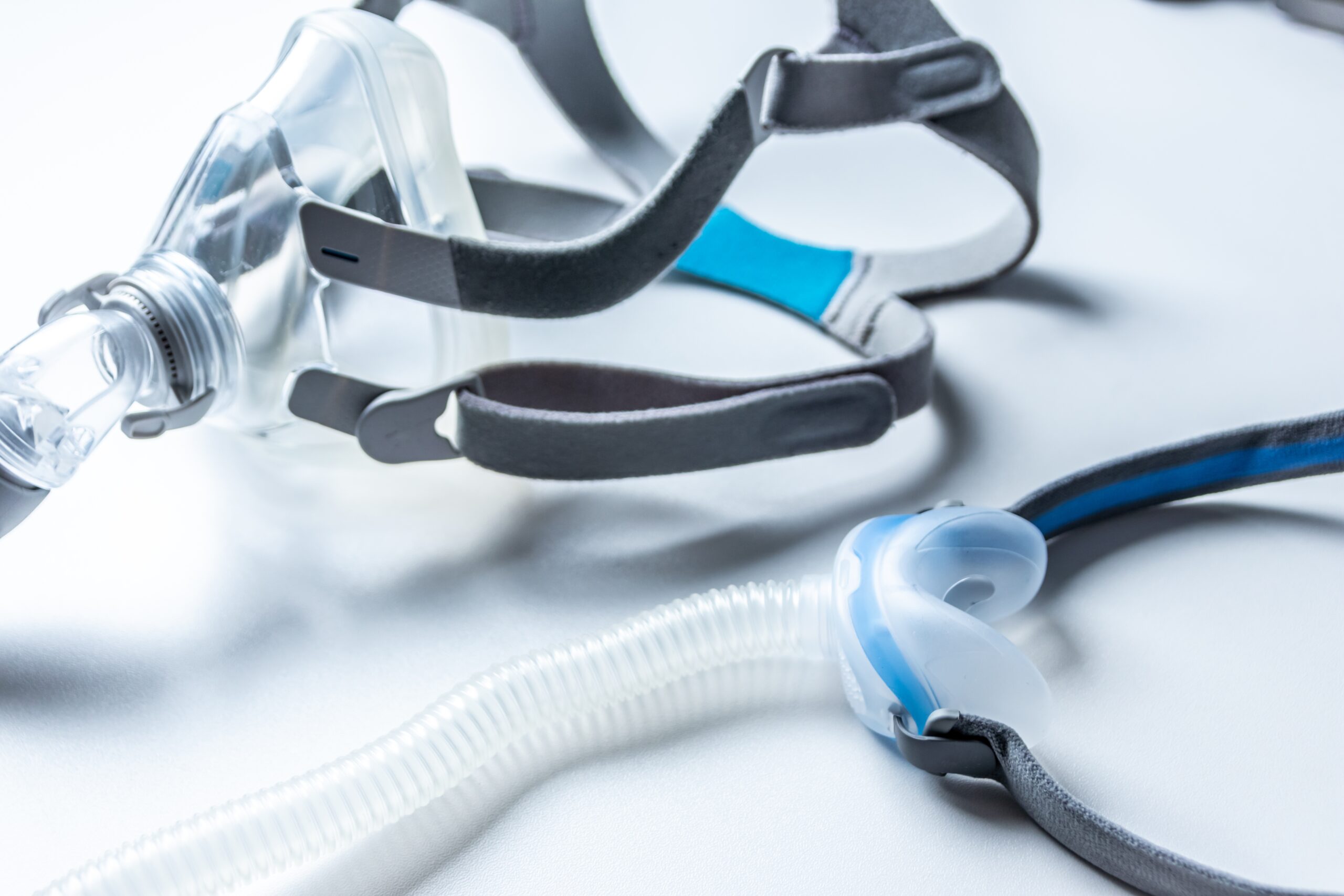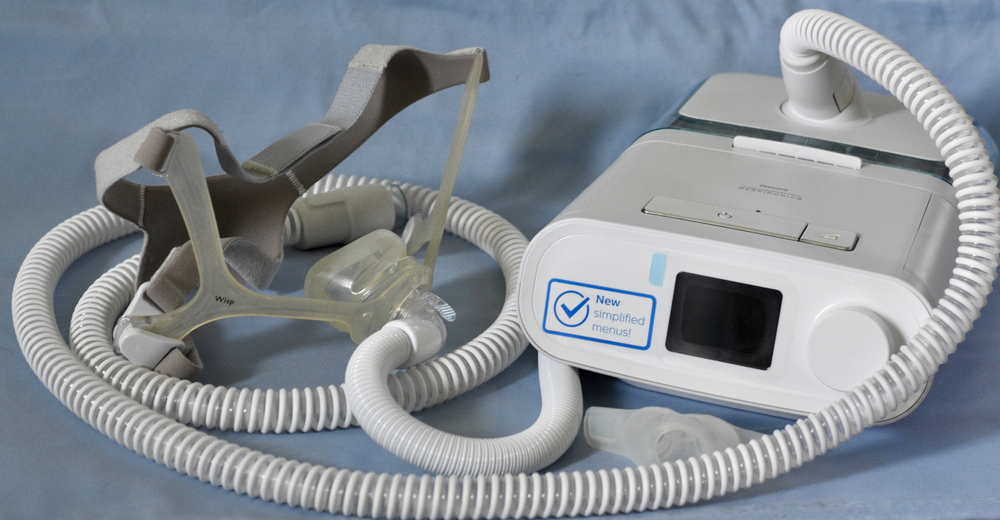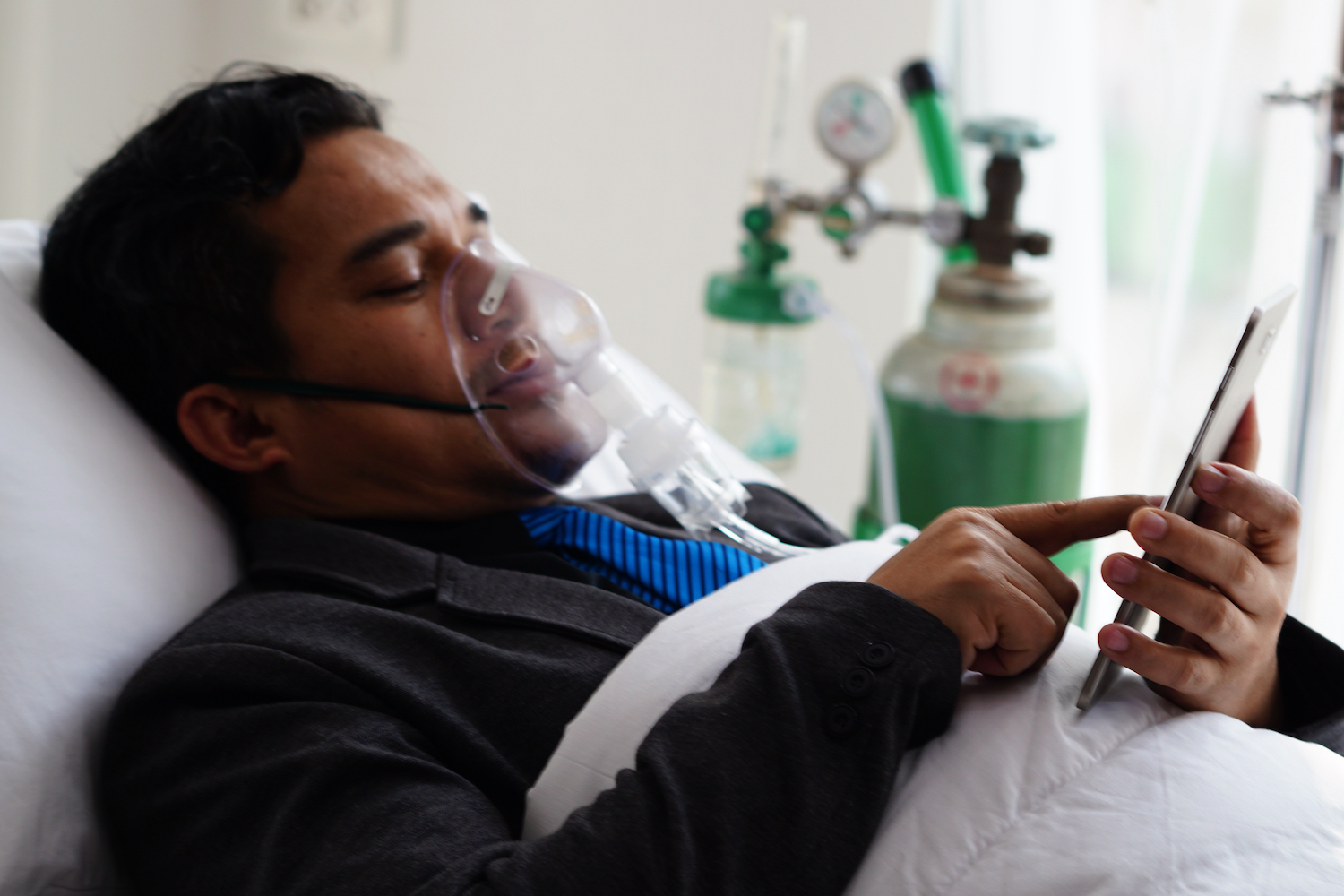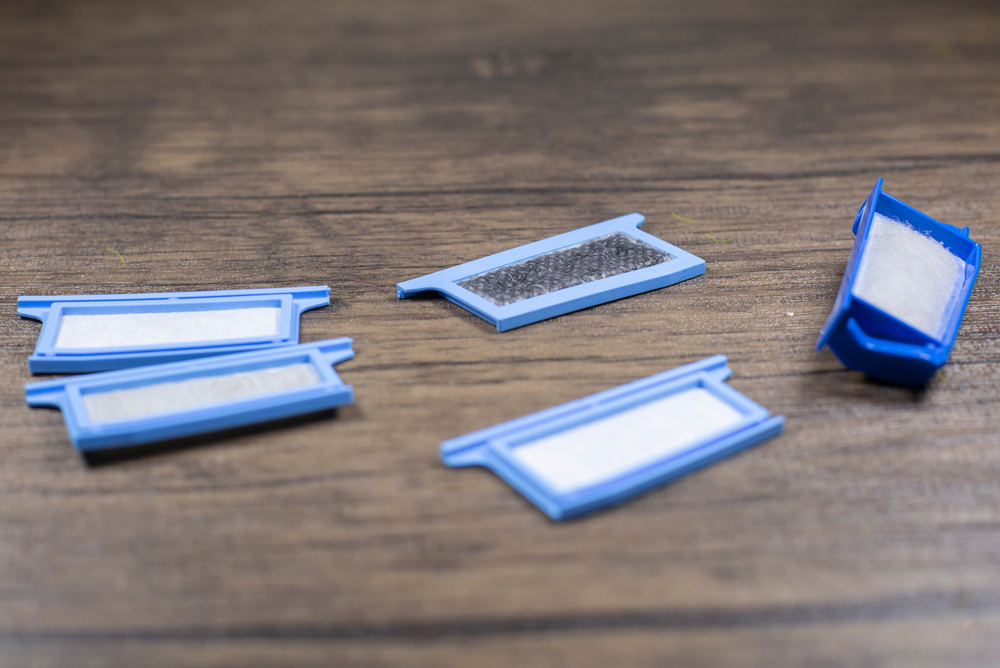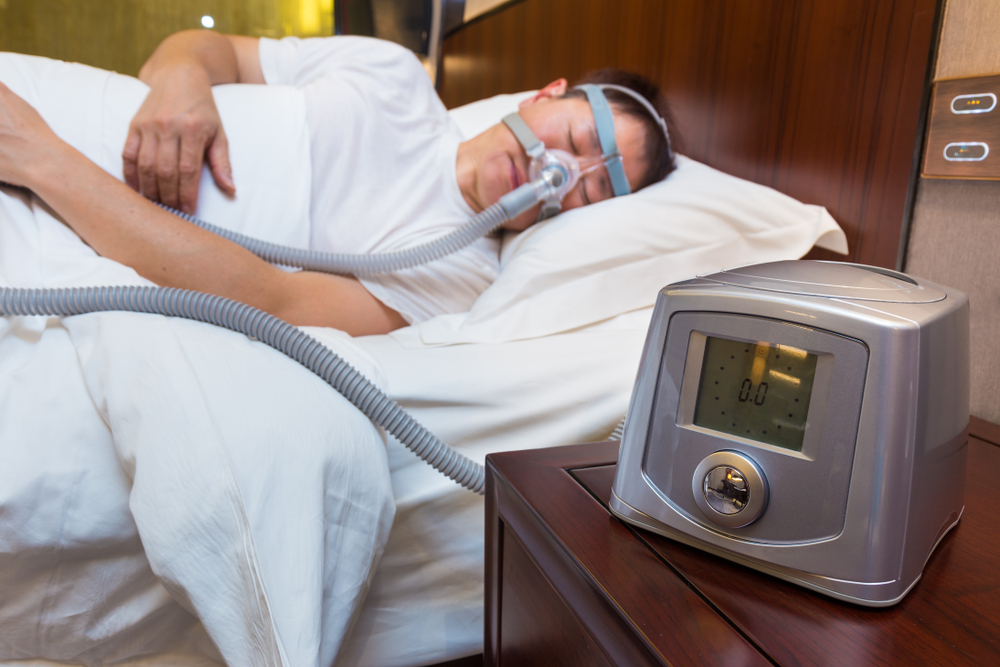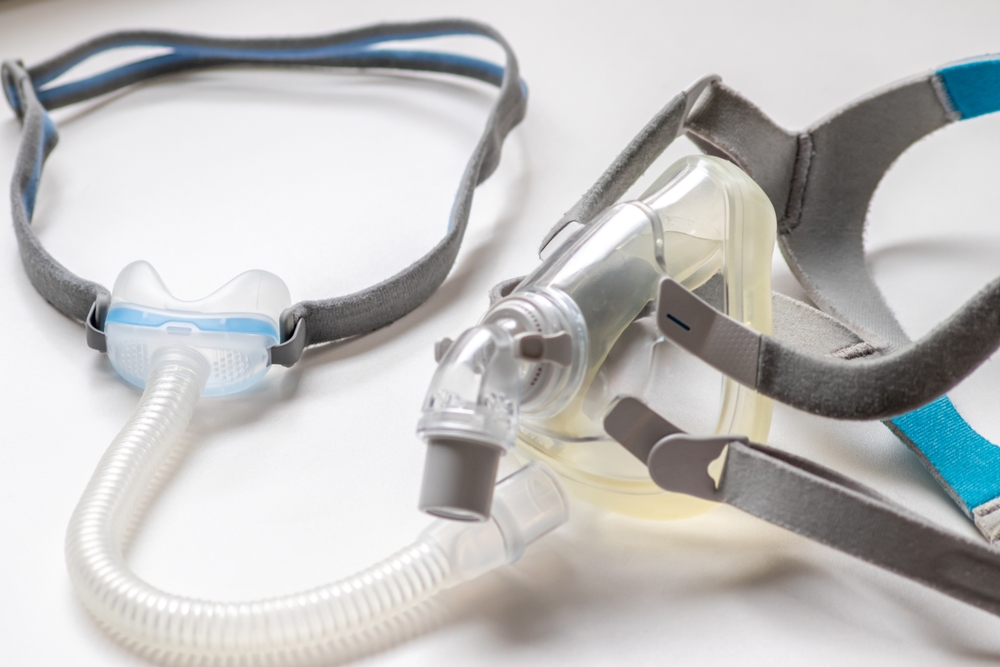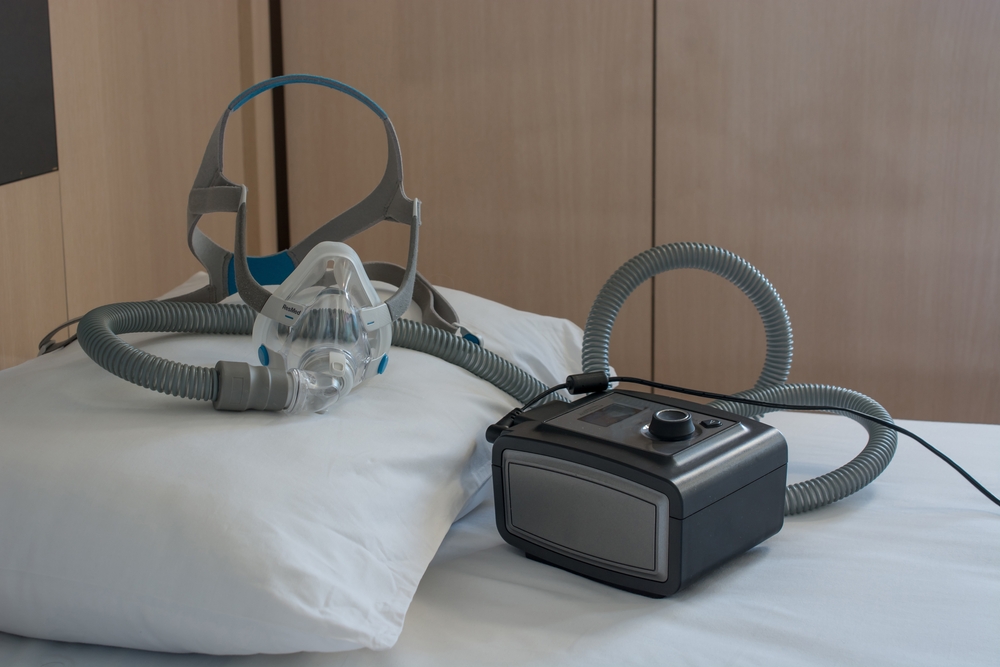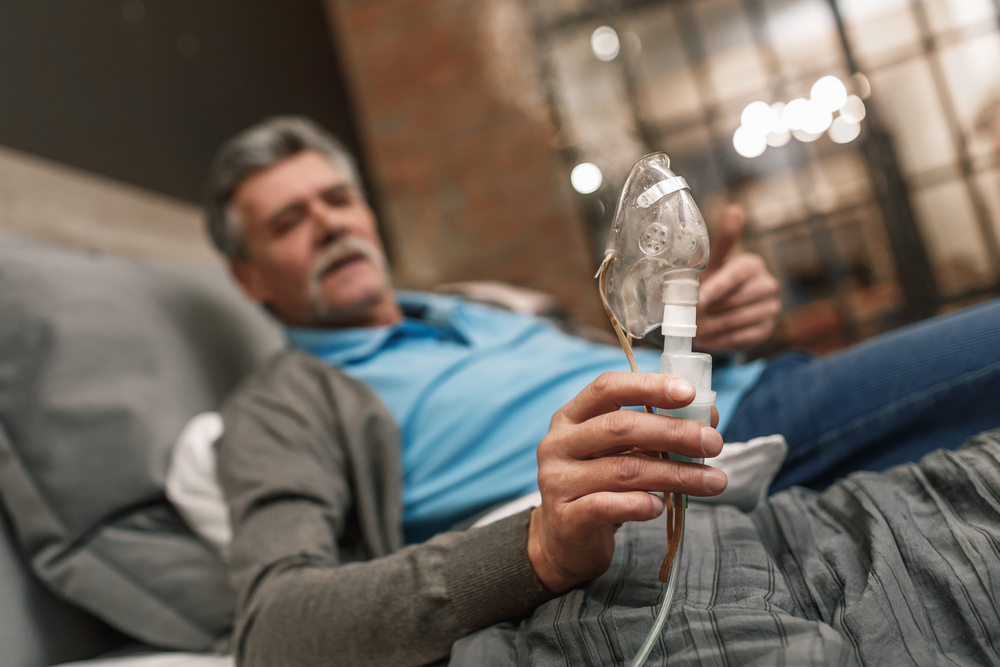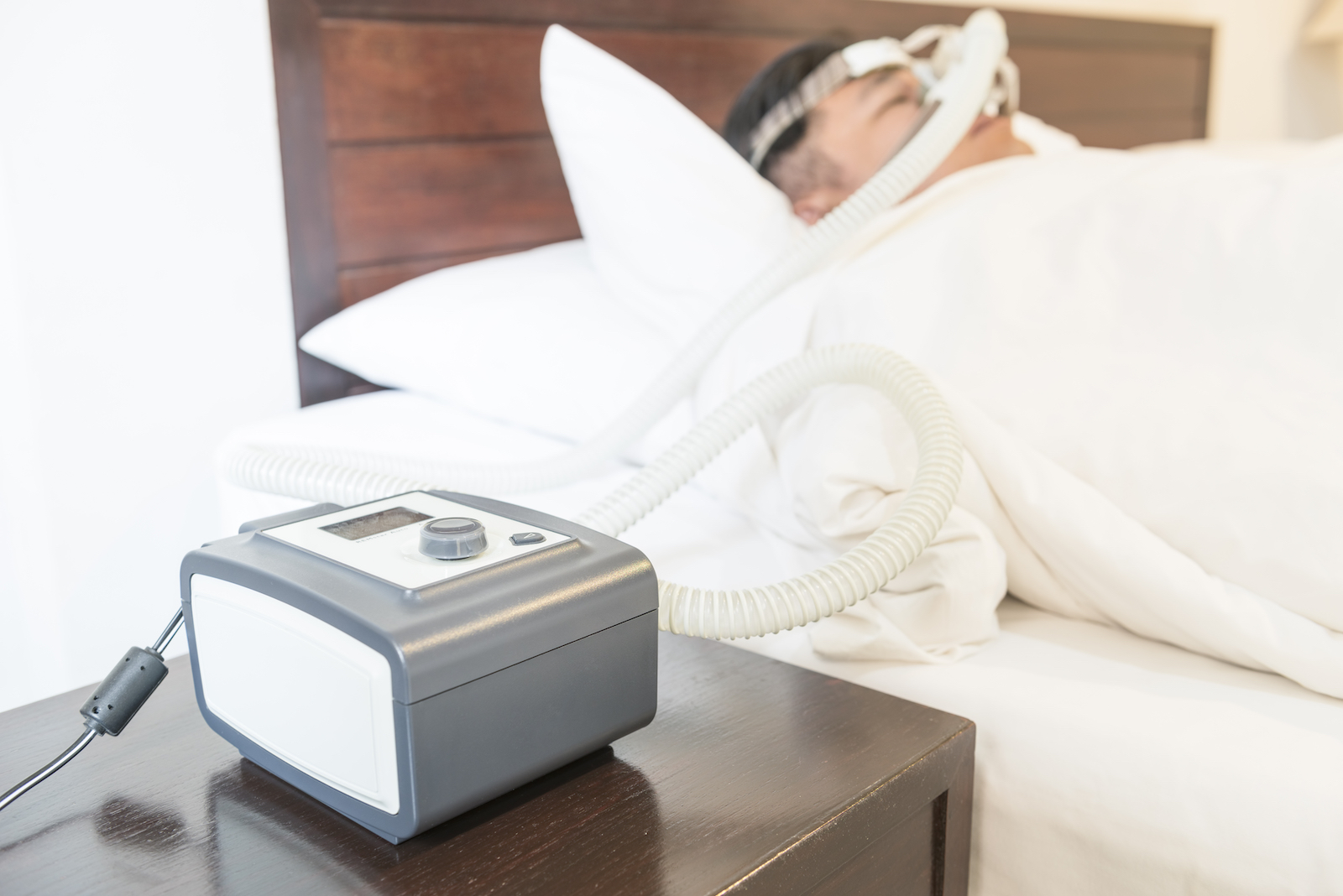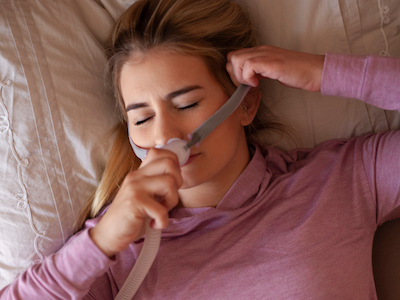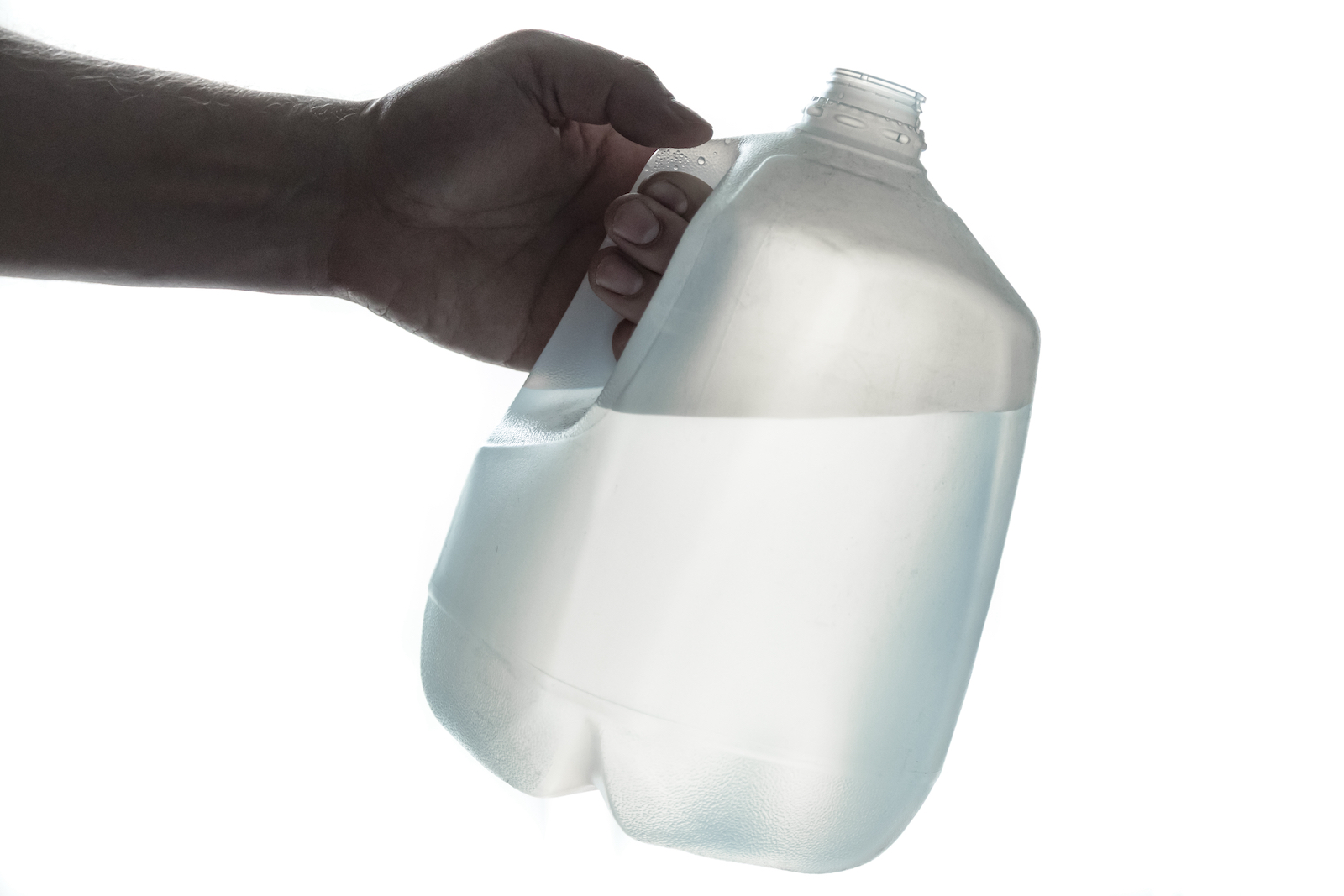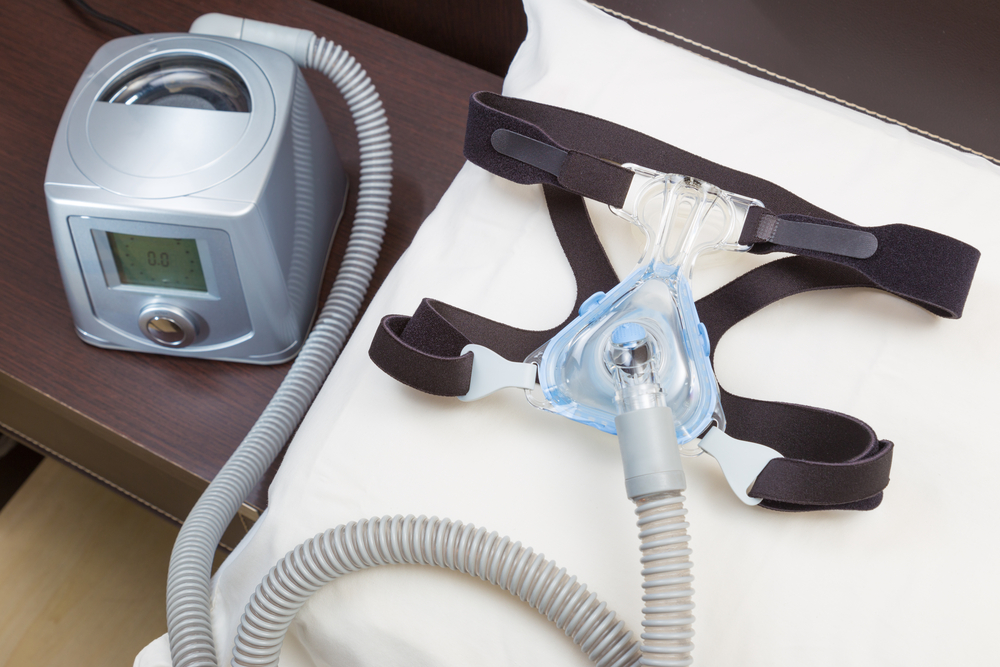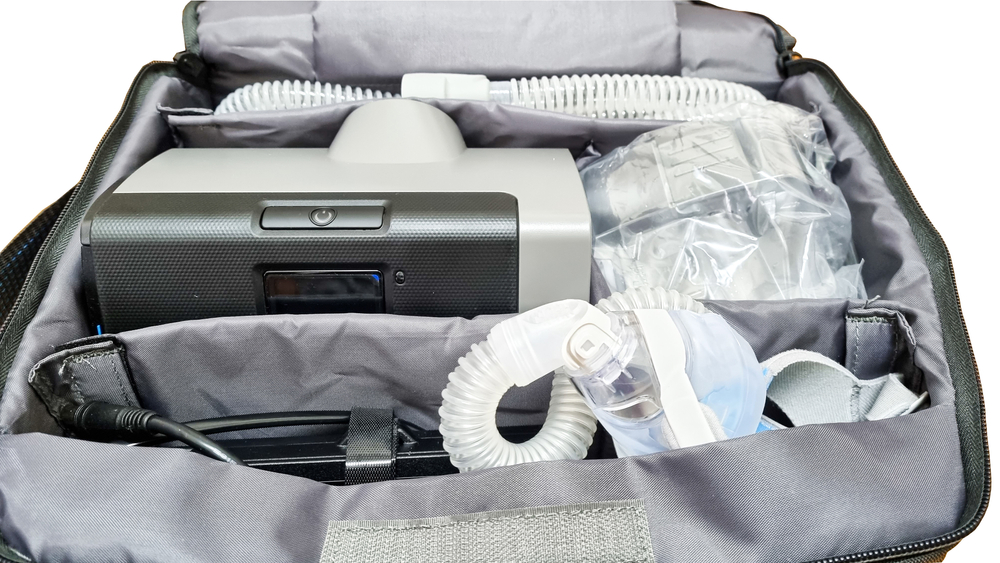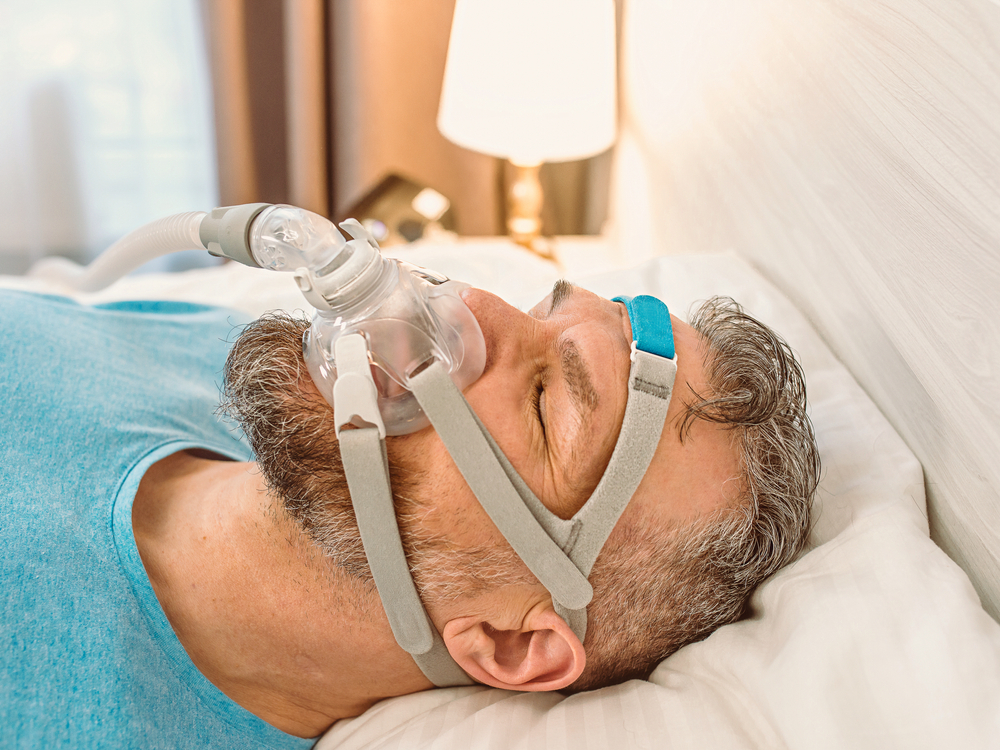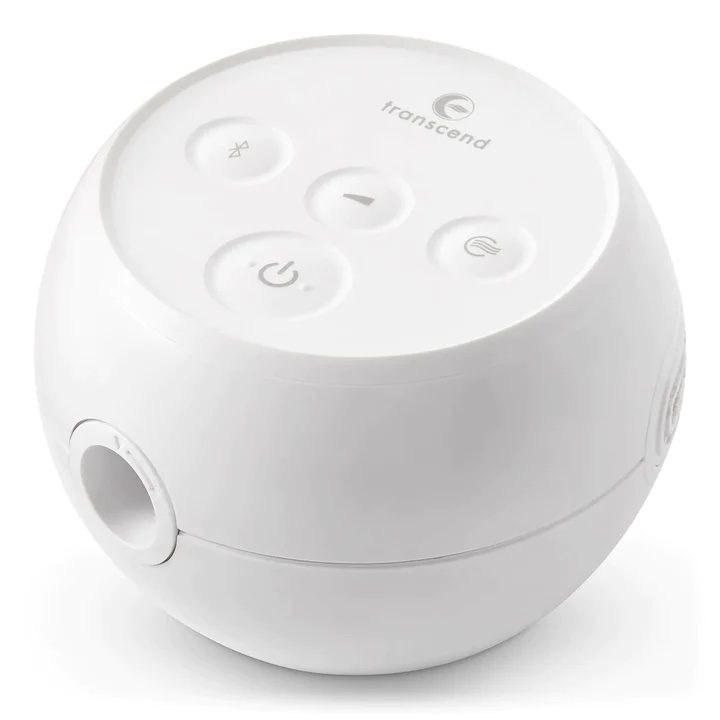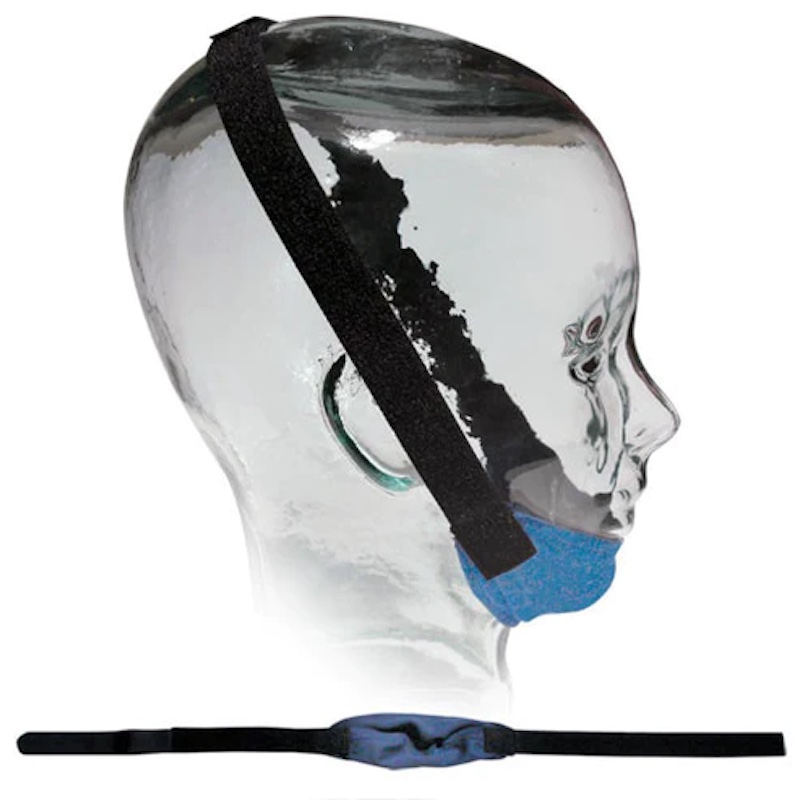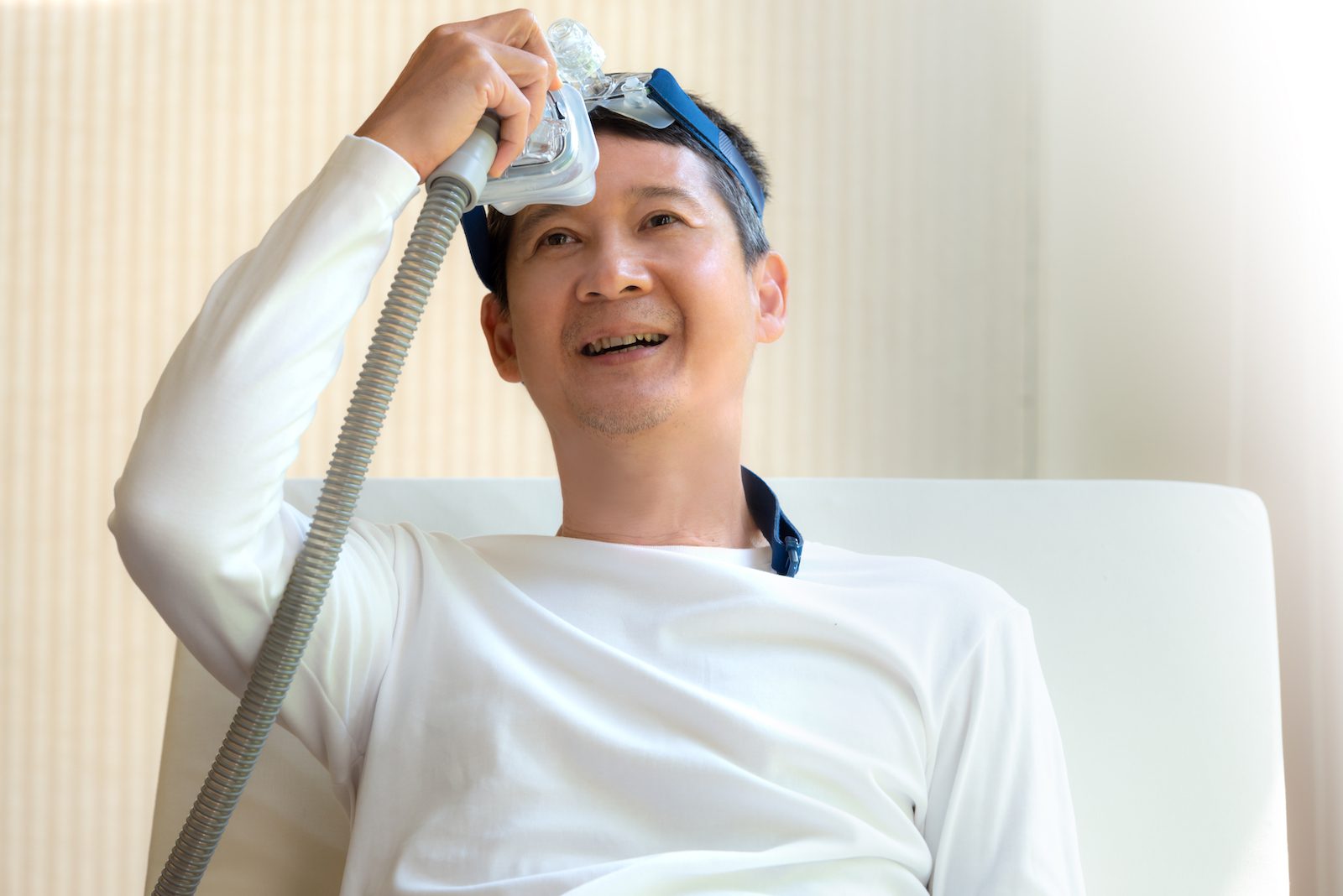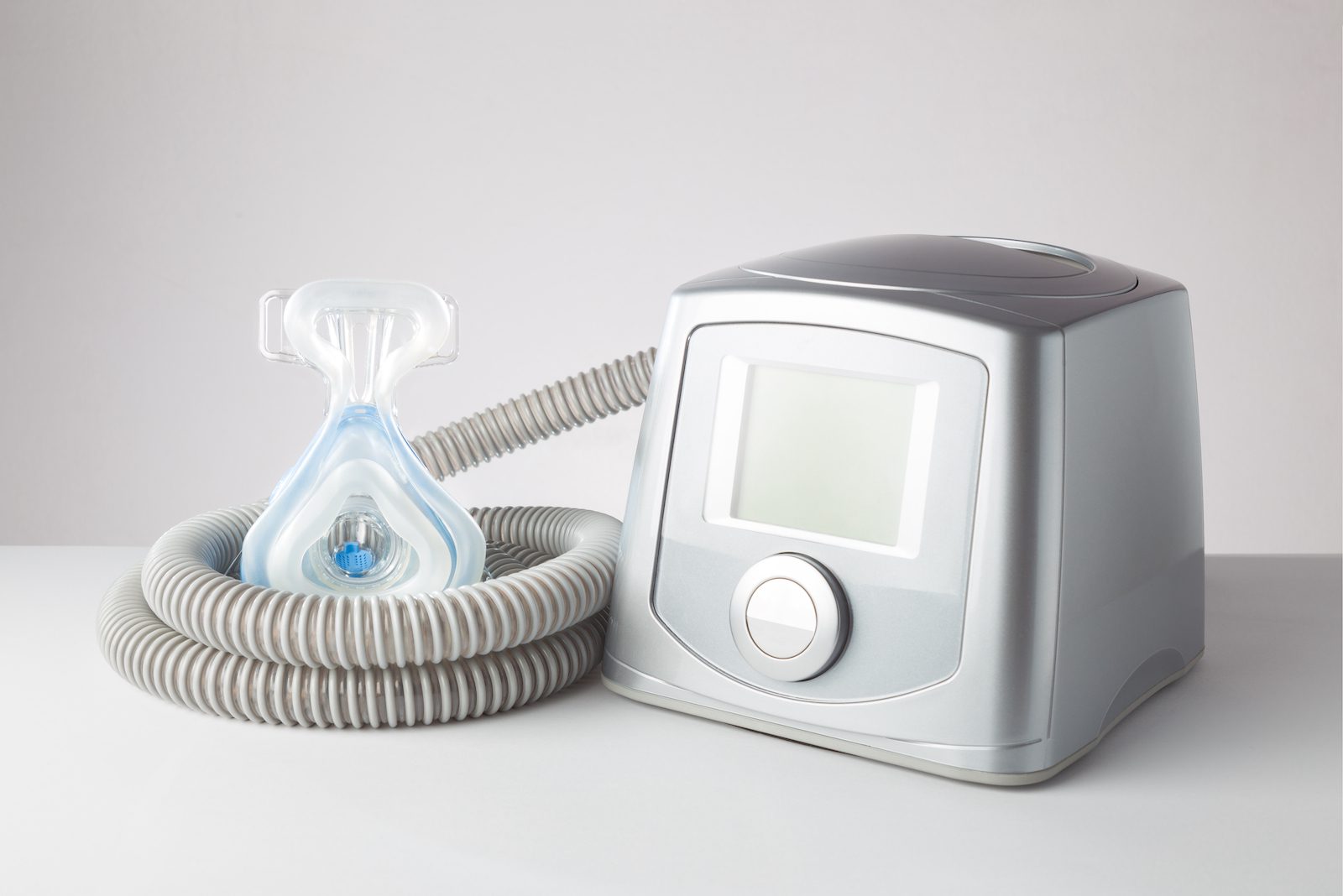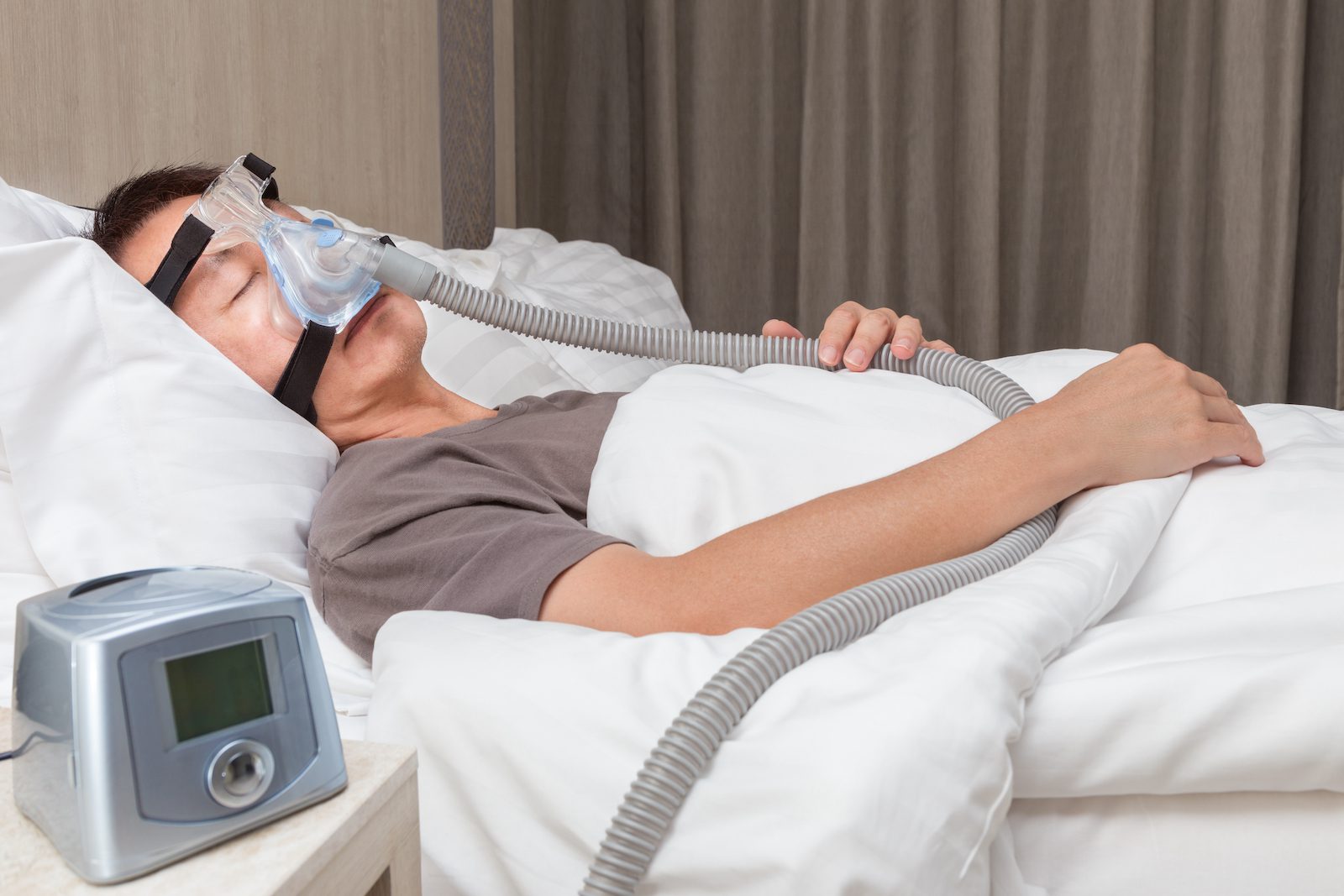Continuous positive airway pressure therapy, the leading treatment option for sleep apnea, requires more than just a one-time purchase of a CPAP machine and a mask. To ensure therapy is effective and hygienic, CPAP users need to regularly replace machine components.
Essential CPAP supplies include masks, hoses, and air filters, each of which should be replaced on a consistent schedule. But there are other optional accessories, including mask liners and heated tubing, that can make CPAP therapy more comfortable.
We’ll provide a complete rundown of common CPAP supplies, including who may benefit from them, where to buy them, and how often they should be replaced.
What to Consider When Choosing CPAP Supplies
To help narrow down your options when searching for CPAP supplies, keep in mind some basic considerations.
CPAP Supply Considerations
| Medical Recommendations | While you do not need a prescription for many CPAP supplies, you may want to discuss with your doctor which supplies are best for you. There are options that can enhance your experience while providing the same therapeutic effects, but not everyone will benefit from these accessories. |
| CPAP Machine Compatibility | Not all supplies work with all machines. In order for your CPAP device to function appropriately for sleep apnea therapy, you must have replacement parts that fit your specific machine. |
| Lifespan | CPAP supplies have a regular replacement schedule, and it is not advisable to use them past their expected lifespan. |
| Material Quality | Consider the type of materials used, the reputation of the manufacturer, and customer reviews before purchasing CPAP supplies. |
| Warranty | For each type of supply item, warranties can vary depending on the manufacturer and the seller. It is important to consider both the length of the warranty as well as the specifics of what is covered. |
Types of CPAP Supplies
CPAP supplies can be divided into two categories. Essential supplies like hoses and filters are required in order to use your CPAP machine. Optional supplies, such as chin straps and CPAP pillows, can make therapy easier or more comfortable.
Essential CPAP Supplies
There are some items that are necessary for the basic functionality of a CPAP machine. Without them, the device would not be able to provide safe and effective sleep apnea treatment.
- CPAP mask frames: CPAP masks have a frame that holds the mask cushion in place. They vary in size and shape in order to better accommodate different face shapes and features.
- CPAP mask cushions: Mask cushions are designed to seal tightly against the user’s face to deliver pressurized air to the nose or mouth and nose. Because they are in direct contact with the skin, they degrade over time, which can impact both the feel of the mask and its effectiveness.
- CPAP mask headgear: Headgear holds the mask frame in place using straps of flexible material that go around your head and attach to the frame with clips, magnets, or Velcro. These straps and connectors wear down over time and need to be replaced periodically.
- CPAP hoses: CPAP tubing delivers pressurized air from the machine to your mask. Most machines come with standard 6-foot hoses, but shorter or longer options are available separately.
- CPAP filters: Depending on the brand and type of machine, CPAP filters can be either disposable or reusable. Both filter types need to be replaced on a regular basis, but reusable models are washable and last longer.
Optional CPAP Supplies
For many people with sleep apnea, the health benefits of CPAP therapy outweigh the uncomfortable feeling of wearing a mask to bed. But if you find that discomfort is interfering with your sleep or your willingness to adhere to nightly therapy, consider purchasing an optional CPAP accessory designed for comfort.
- CPAP mask liners: CPAP masks can cause skin irritation and redness. CPAP mask liners can help. They are made of a soft fabric that forms a barrier between your skin and the mask cushion. In addition to comfort, mask liners can help lengthen the life of a cushion by limiting contact with the skin.
- Humidifiers: Humidifiers add moisture to the air flowing through the CPAP system and are used to help prevent dry mouth and similar side effects. Some CPAP machines have built-in humidifiers, though stand-alone units can be purchased separately with a prescription.
- Humidifier water chambers: Once you have a humidifier for your CPAP machine as directed by your doctor, you can purchase water chamber replacements without a prescription. If you regularly use your humidifier, you should replace the reservoir as directed in the recommended replacement schedule to avoid mineral buildup.
- Heated CPAP hoses: Heated CPAP hoses have coils around the exterior of the tubing to keep the air inside at a warmer temperature. Heated tubing is designed to prevent condensation from forming in the hose and mask and may help relieve CPAP side effects like dry mouth and dry nasal passages.
- Chin straps: Some CPAP users find nasal masks more comfortable than full-face masks that cover both the nose and mouth. However, nasal masks can be an ineffective choice for people who breathe through their mouth during sleep. CPAP chin straps are designed to keep the mouth closed, thus minimizing the potential for air leaks during nasal CPAP therapy.
- CPAP pillows: CPAP pillows are specifically designed to accommodate masks, hoses, and headgear. They often feature cutouts and supports to allow you to sleep on your side while preventing your mask from applying too much pressure on your face.
- CPAP batteries: Generally, CPAP machines do not require batteries as they have power cords that plug into electrical outlets. You may want to consider purchasing a battery pack for international travel or camping trips or if you live in an area prone to power outages.
- CPAP cleaners: While cleaning your CPAP may seem like a chore, it is necessary to prevent illness and keep your machine working properly. The most effective CPAP cleaners are mild soap and warm water. Between washings, CPAP wipes can be useful for keeping your mask free of dirt and oil, though they do not replace regular cleanings. There are no ultraviolet light or ozone cleaners approved by the Food and Drug Administration for cleaning or sanitizing CPAP machines.
Where Can CPAP Supplies Be Bought?
CPAP supplies are available for purchase both online and at brick-and-mortar medical supply stores. Online shopping provides greater selection and the ability to compare prices across sites. Many websites feature email and chat options to help you find the right supplies. A physical store may be preferable if you prefer to talk with someone in person or would like to see the accessories before purchasing.
How Often Should CPAP Supplies Be Replaced?
Replacing your CPAP supplies is a necessary part of device ownership. Following the recommended replacement schedule helps ensure the effectiveness and hygiene of CPAP therapy.
The following are general guidelines for supply replacement schedules. Refer to the manufacturer’s instructions for specific timelines.
| CPAP Supplies | Replacement Timeline |
|---|---|
| CPAP Mask Frame | 3 months |
| Mask Headgear | 6 months |
| Mask Cushions or Nasal Pillows | 2 weeks |
| Hoses | 3 months |
| Disposable Filters | 2 weeks |
| Reusable Filters | 6 months |
| Humidifier Water Chamber | 6 months |
| Chin Strap | 6 months |
| CPAP Pillow | 1-2 years |
| CPAP Battery | When it fails to fully hold a charge |
Is a Prescription Needed for CPAP Supplies?
Most CPAP supplies do not need a prescription. Only CPAP machines, humidifiers, and complete masks require prescriptions. The individual parts of the mask can be replaced without a prescription.
Does Health Insurance, Medicaid, or Medicare Cover CPAP Supply Costs?
Most insurance plans, including Medicaid and Medicare, cover at least some of the costs of many CPAP supplies, including masks, hoses, headgear, and filters. However, coverage and purchase requirements can vary, and Medicaid coverage can differ depending on your state of residence.
Some insurers may require that you buy from approved durable medical equipment providers. Others may allow you to buy from any source and submit a reimbursement claim. Check with your provider for specific coverage details.
Can You Use an FSA or HSA Account for CPAP Supplies?
CPAP supplies are considered medical expenses and are thus eligible purchases with a flexible spending account or a health savings account.
CPAP Supplies
Other than your mask, everything you need to get started using your CPAP machine will be in the box. This includes a hose, filter, and a water chamber if your machine has a humidifier. However, you will need to get replacement supplies soon after receiving your machine since some of the parts should be switched out within a few weeks.
If your supplies arrive in original sealed packaging from a reputable source, you may not need to wash them before use. However, you should always refer to the instructions for product specifics. If it makes you more comfortable, you can clean the items before the first use. As long as you are following proper cleaning procedures, this should not cause any issues.
While CPAP supplies are not directly included in the Internal Revenue Service’s publication of eligible medical expenses, the IRS does list oxygen equipment used for breathing problems as a deductible expense. Speak with a tax professional to confirm if your CPAP expenses meet the criteria for tax deduction.
The best option for donating CPAP supplies is through an organization that handles durable medical equipment. In many places, there are local nonprofit organizations that will work with you to assess the items you have and determine what can be donated. If there are none in your area, charitable groups such as the American Sleep Apnea Association and The Reggie White Sleep Disorders Research & Education Foundation have mail-in programs for gently used CPAP machines and factory-sealed supplies.
Still have questions?
Sleep apnea products can be confusing. If you need individualized assistance, send us an email at [email protected] with your questions and we'll help find the best fit for you.


